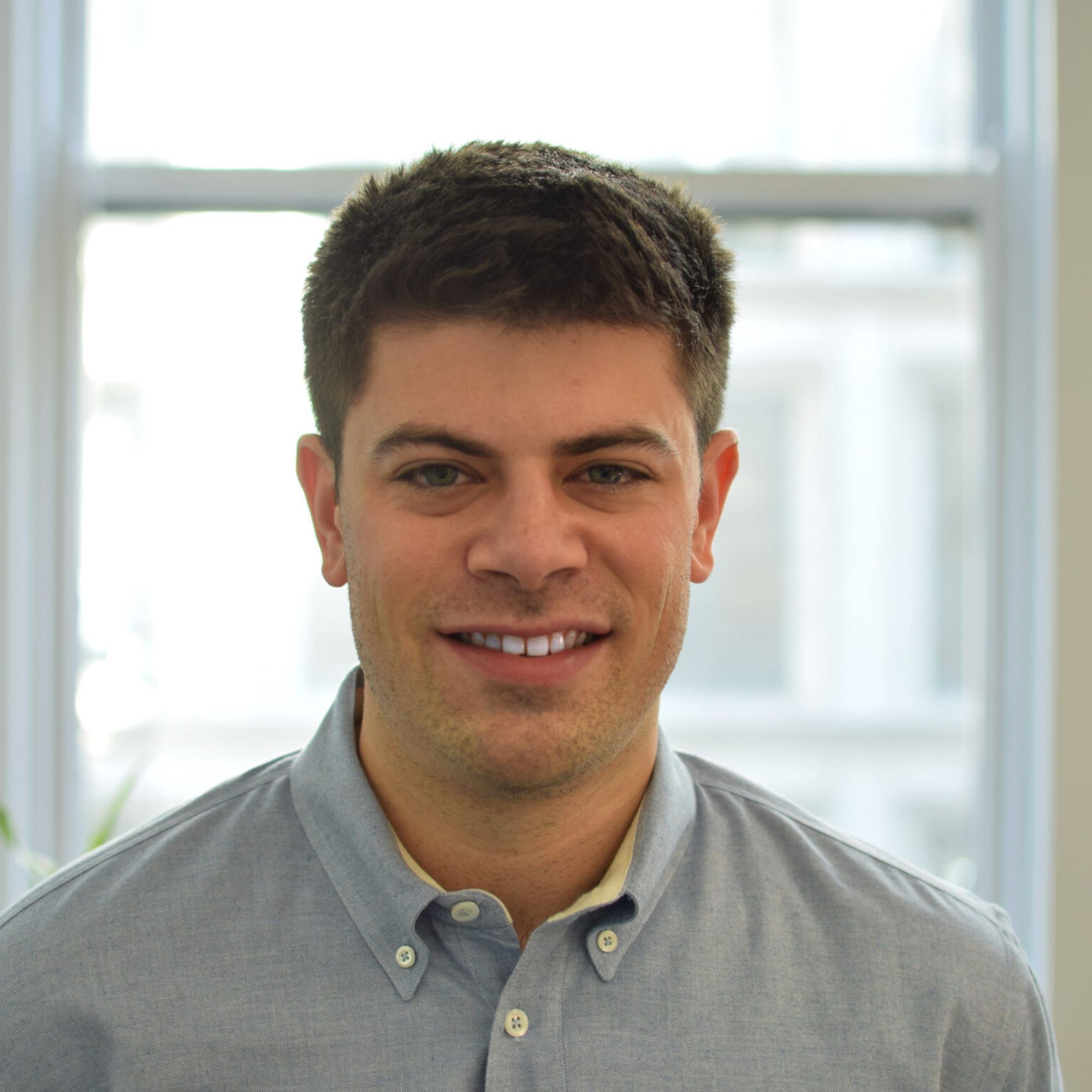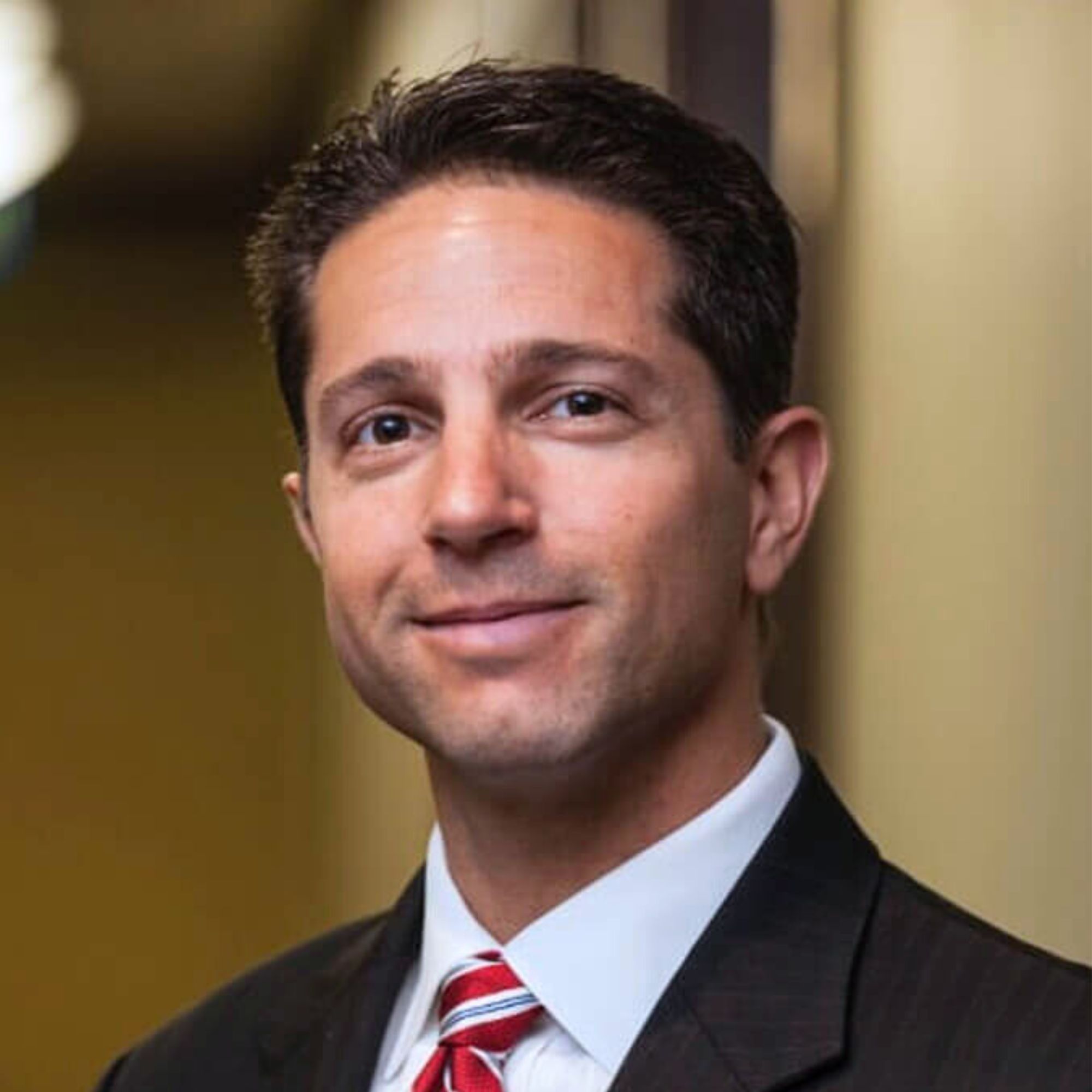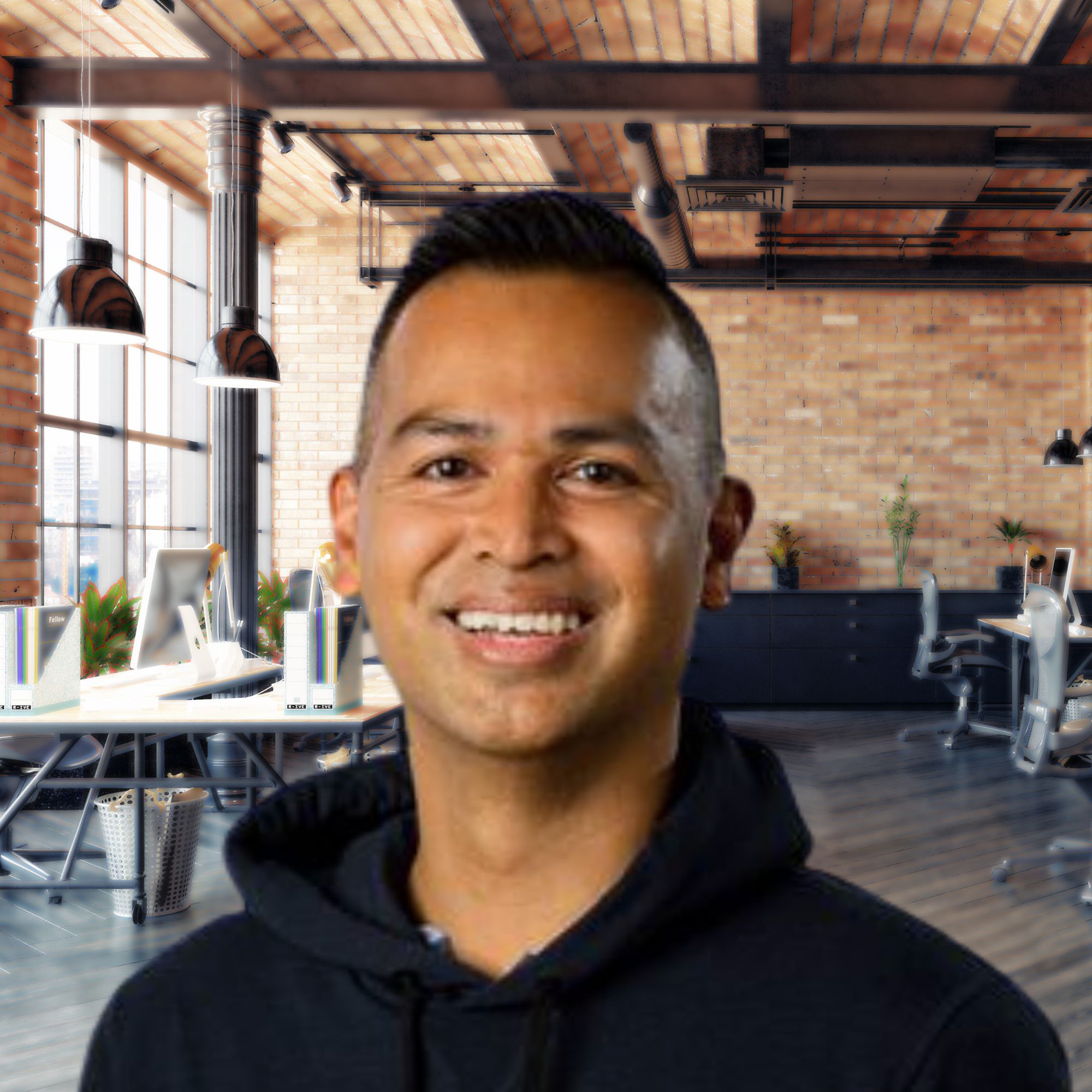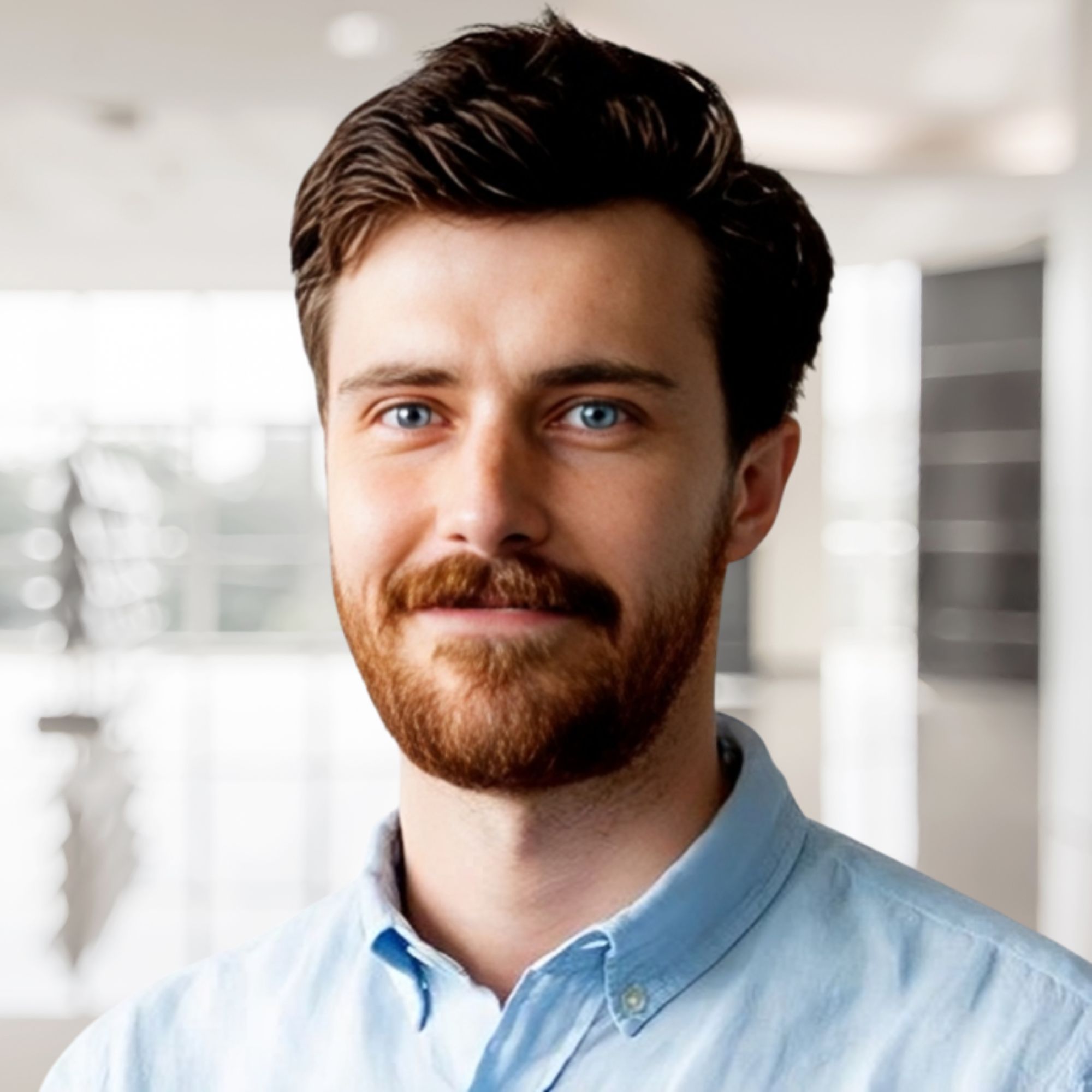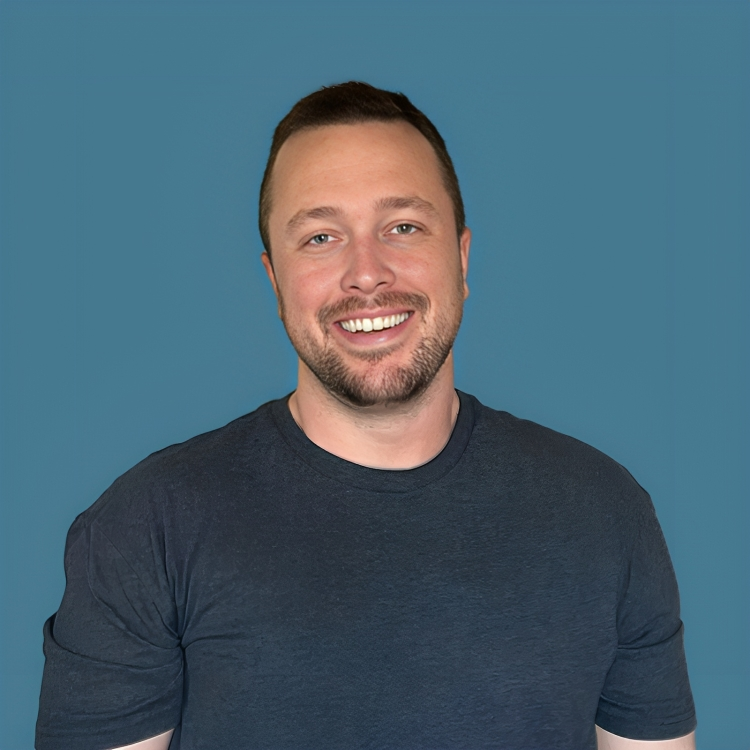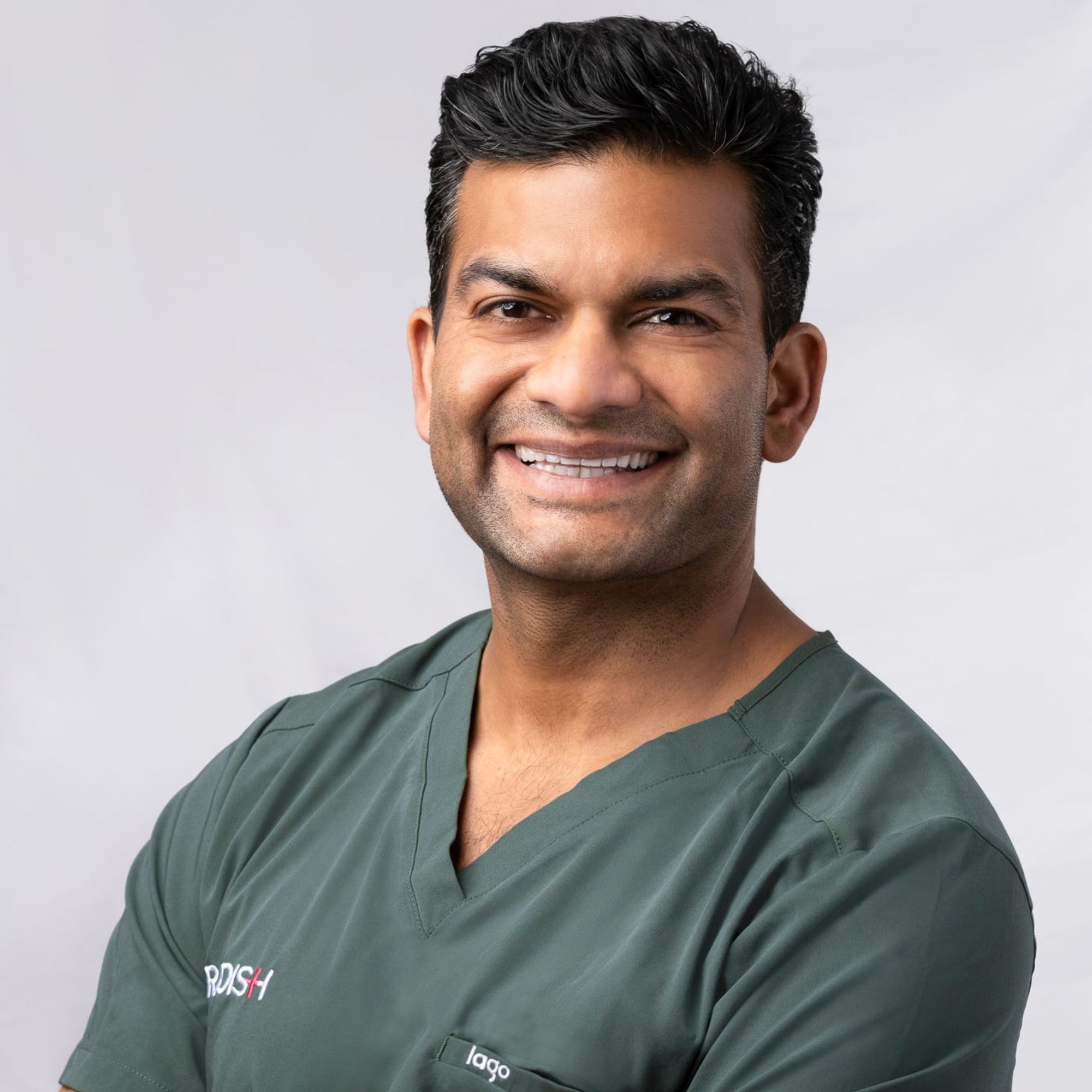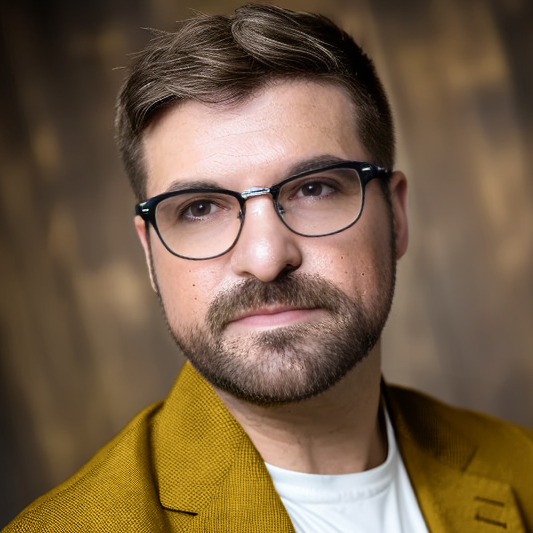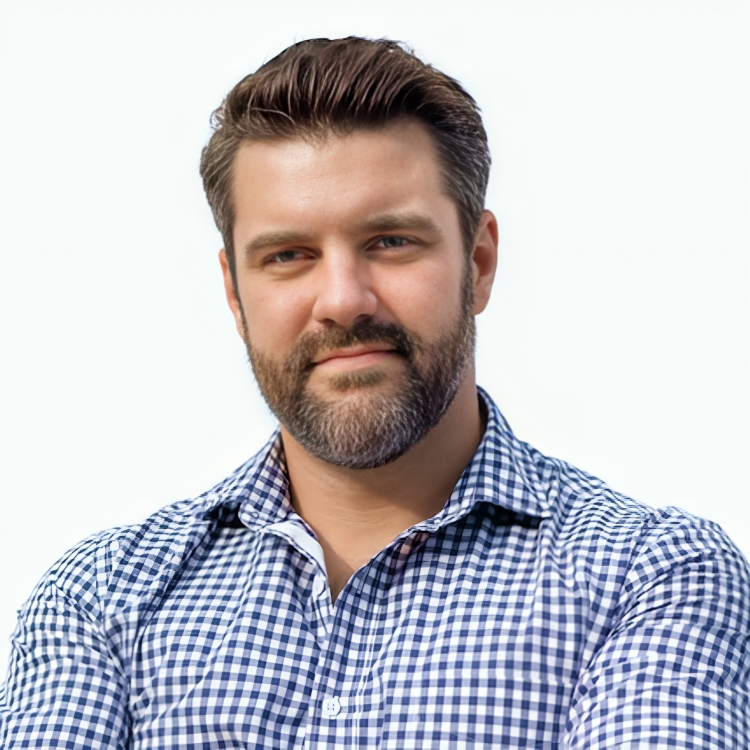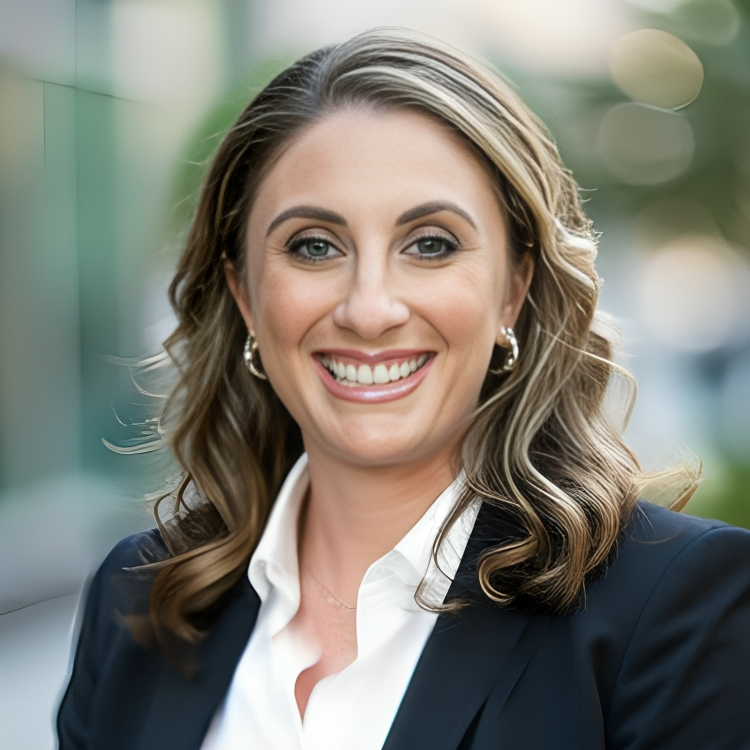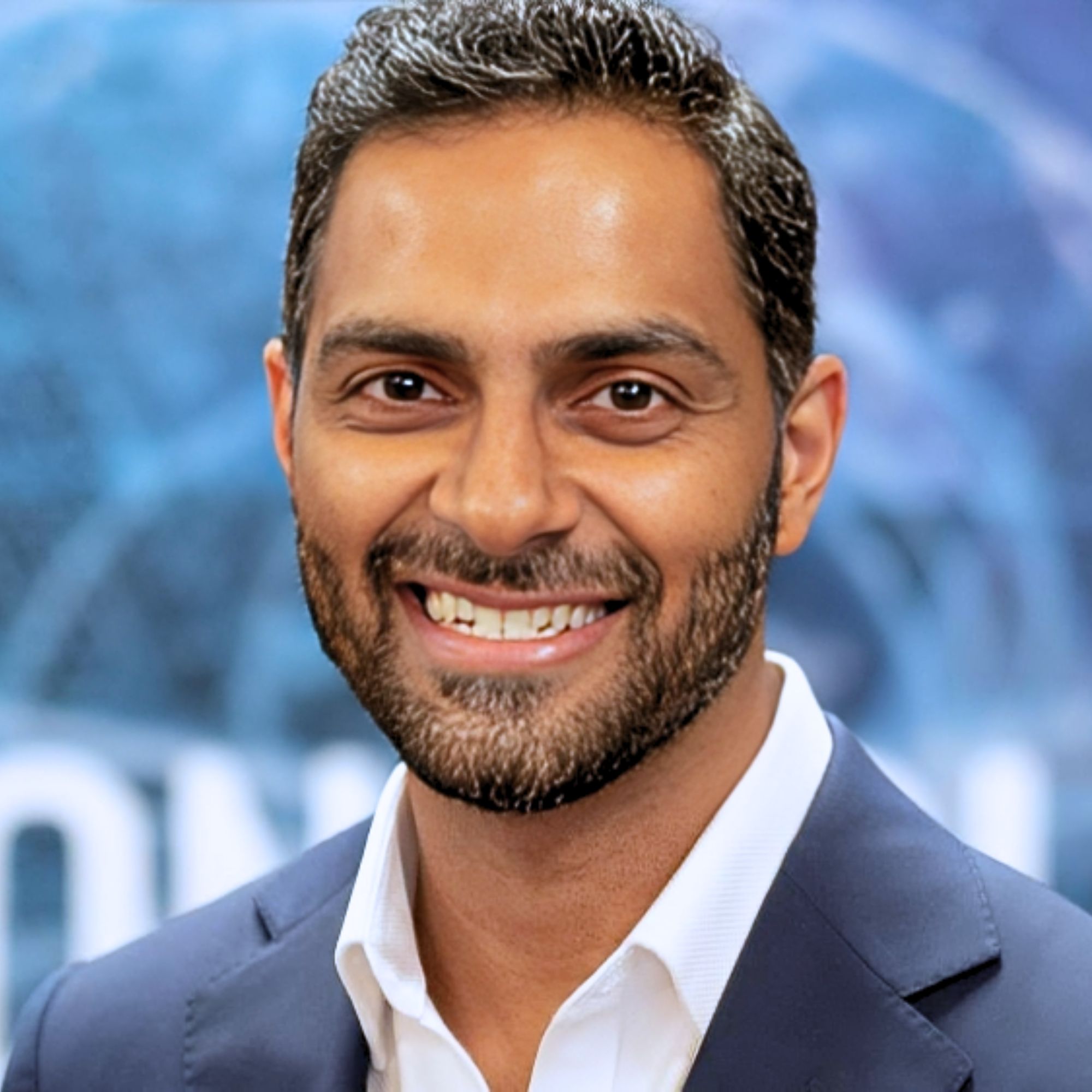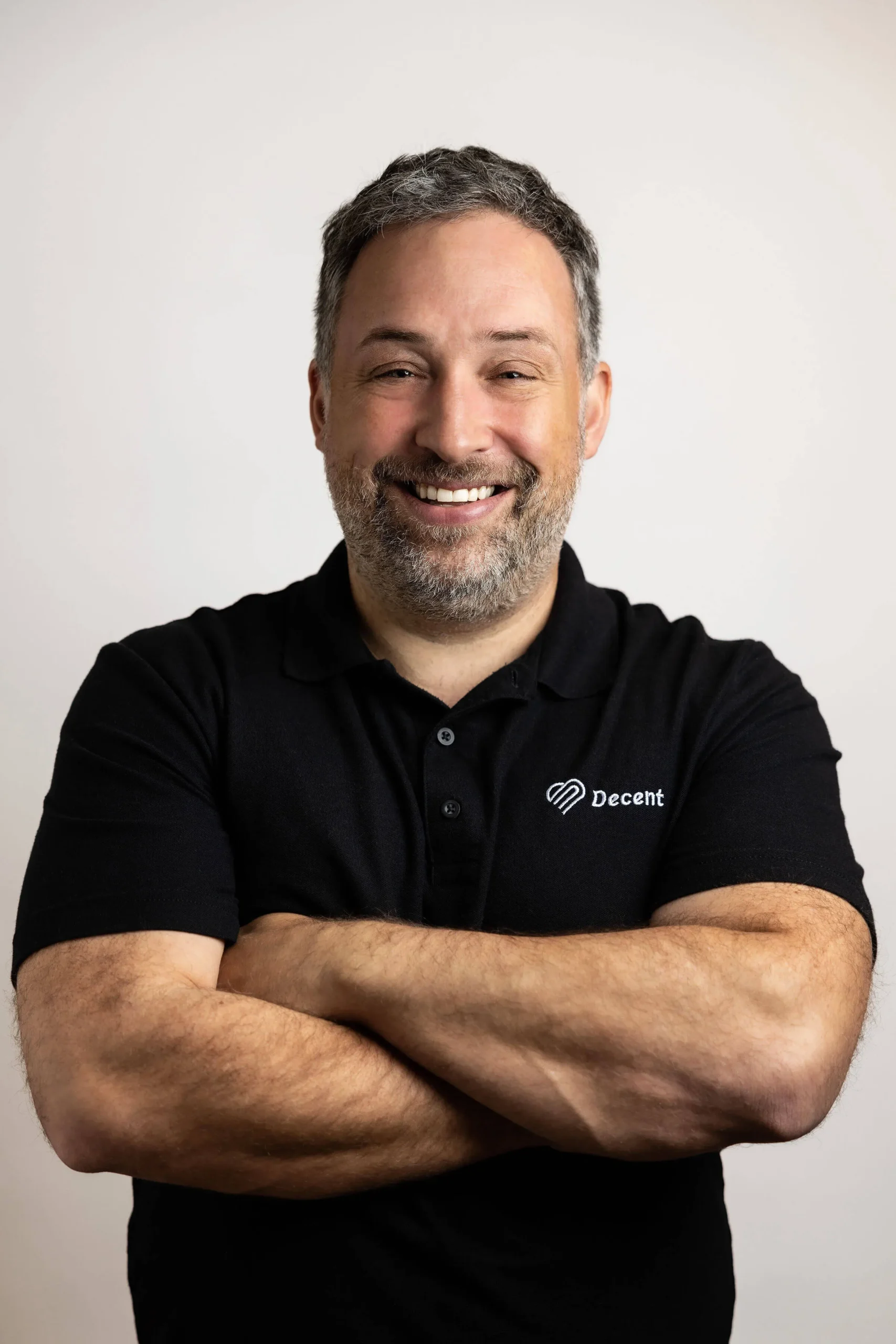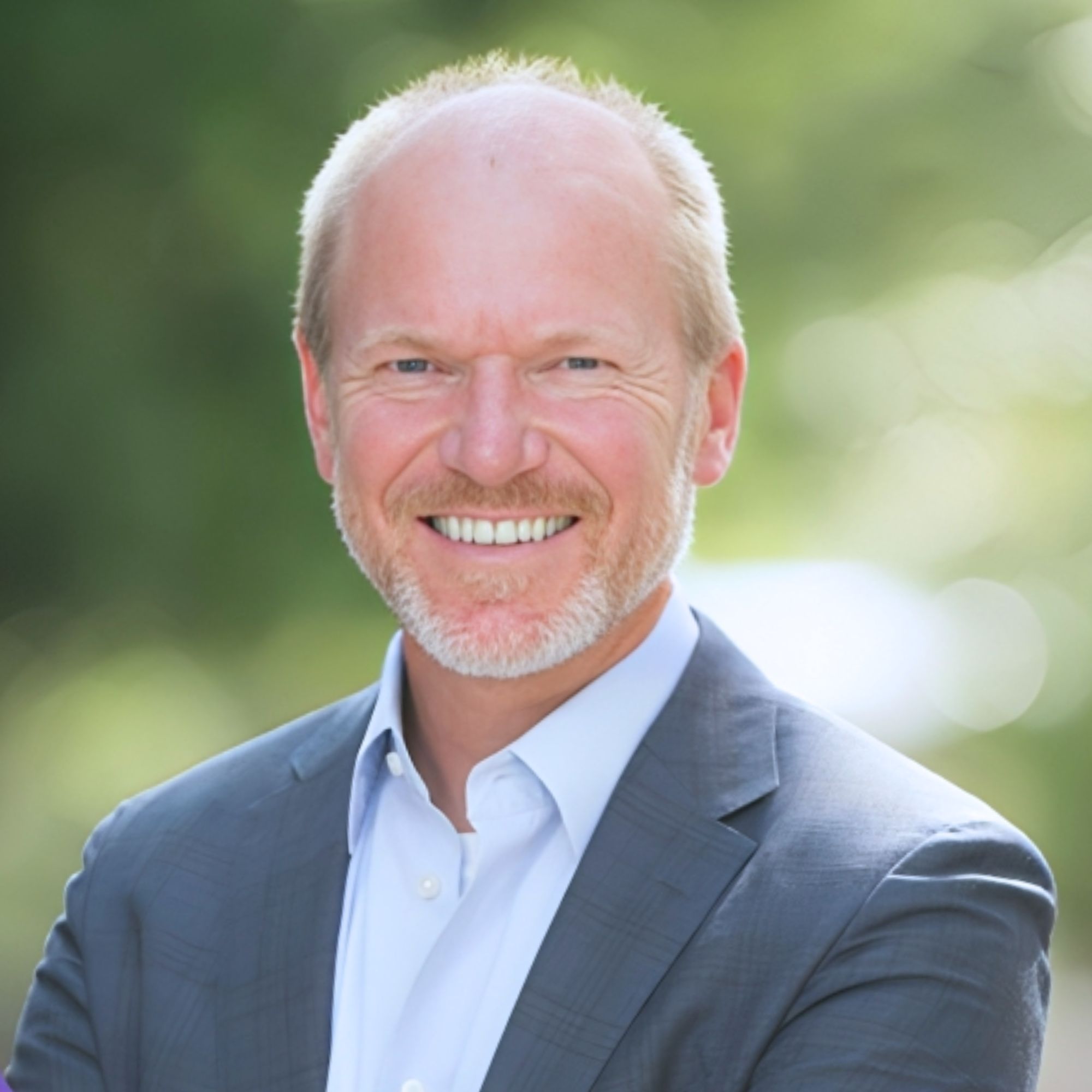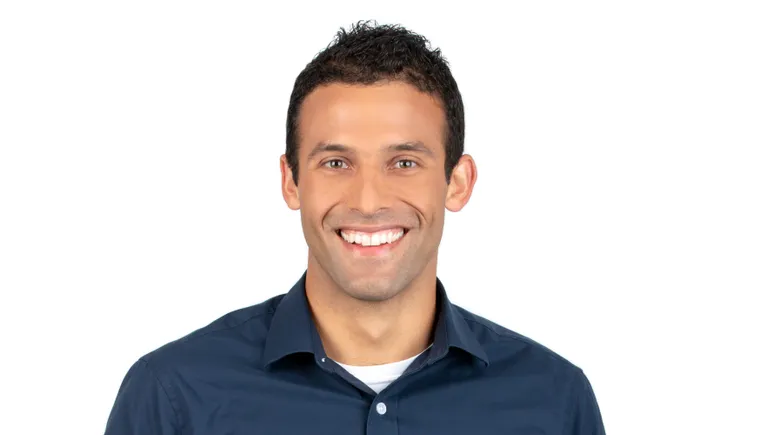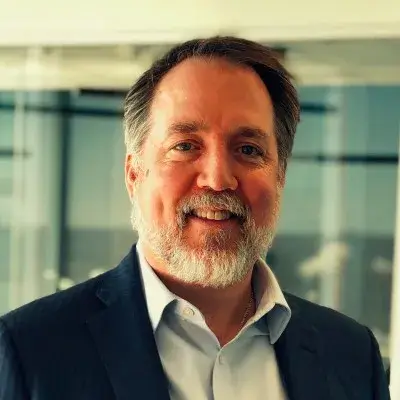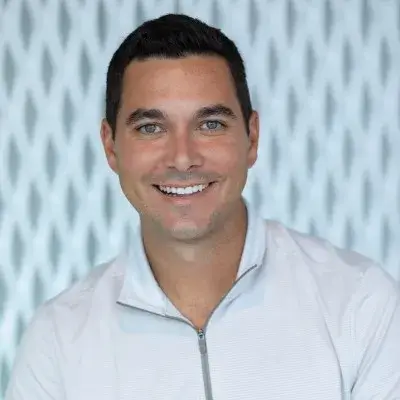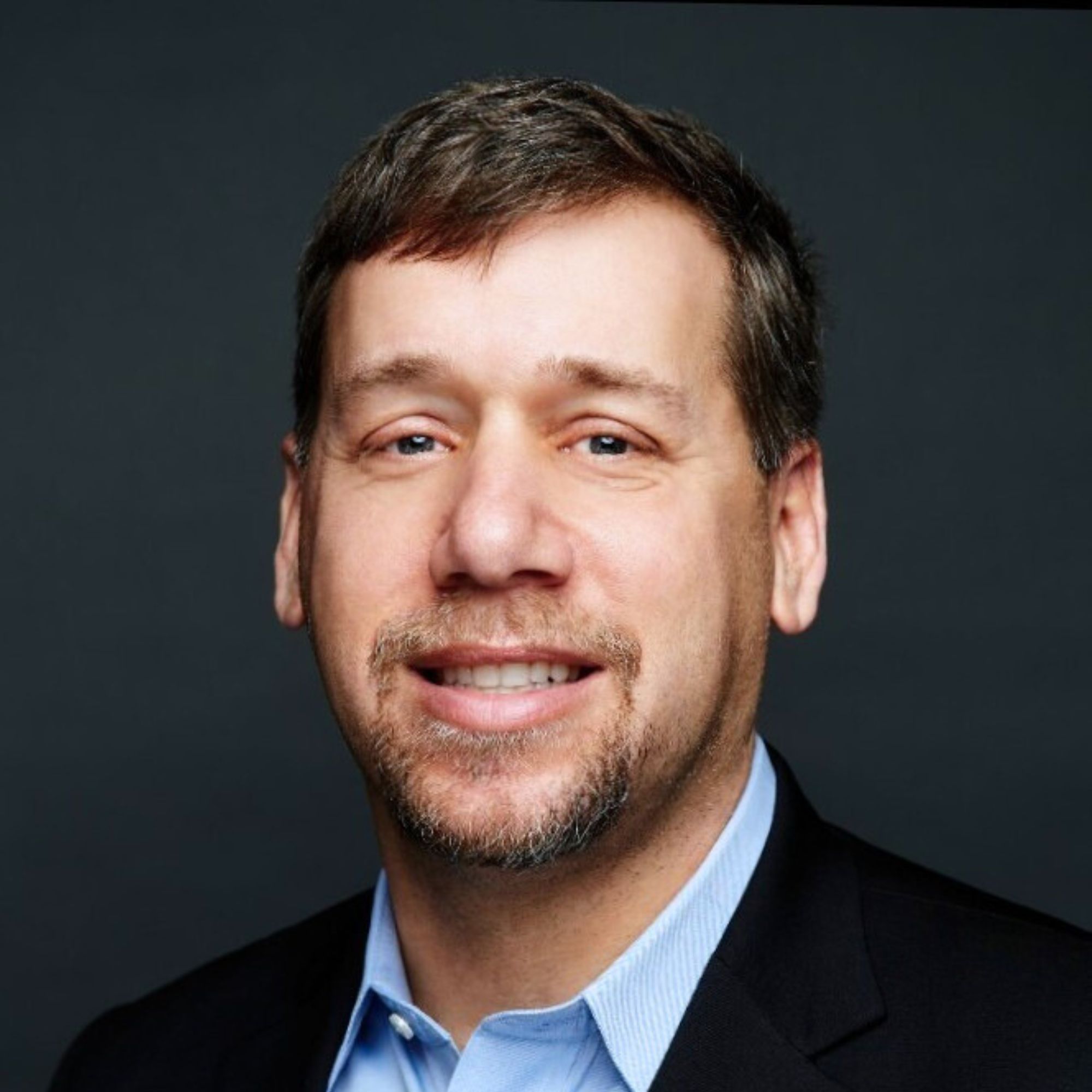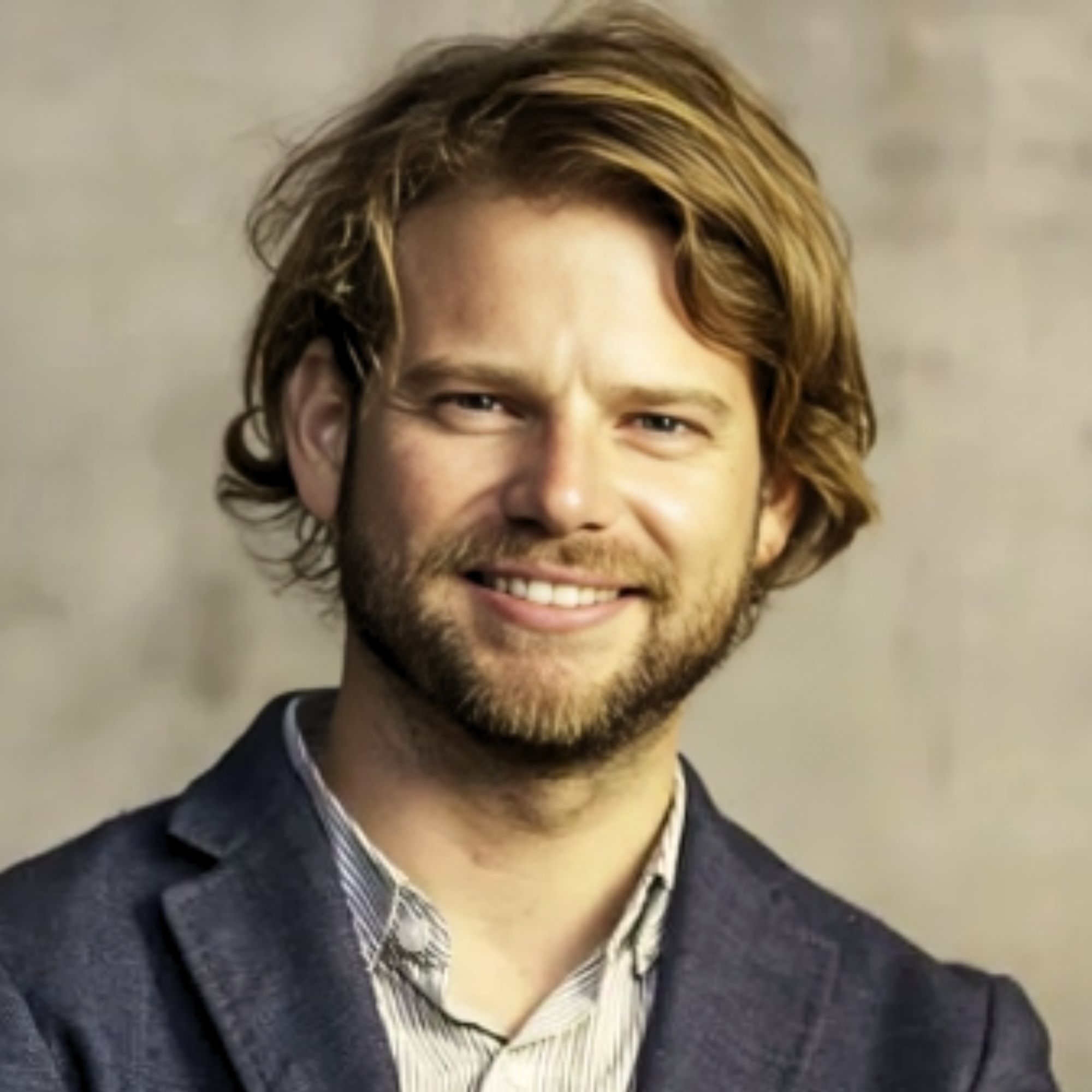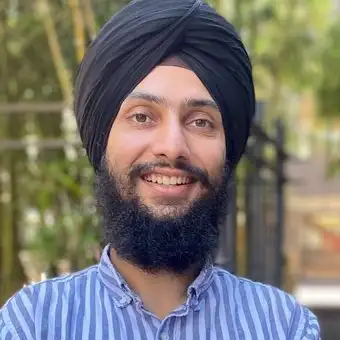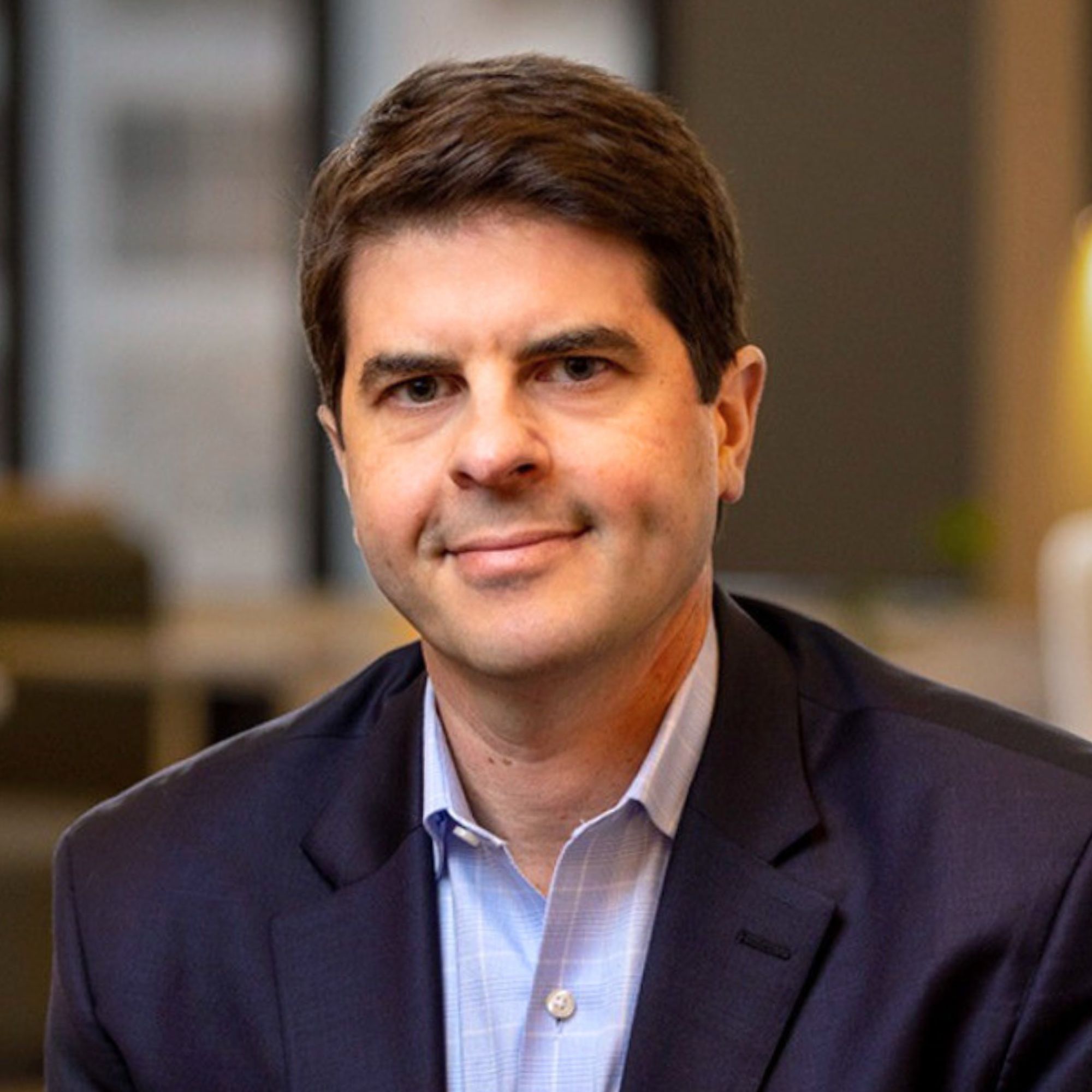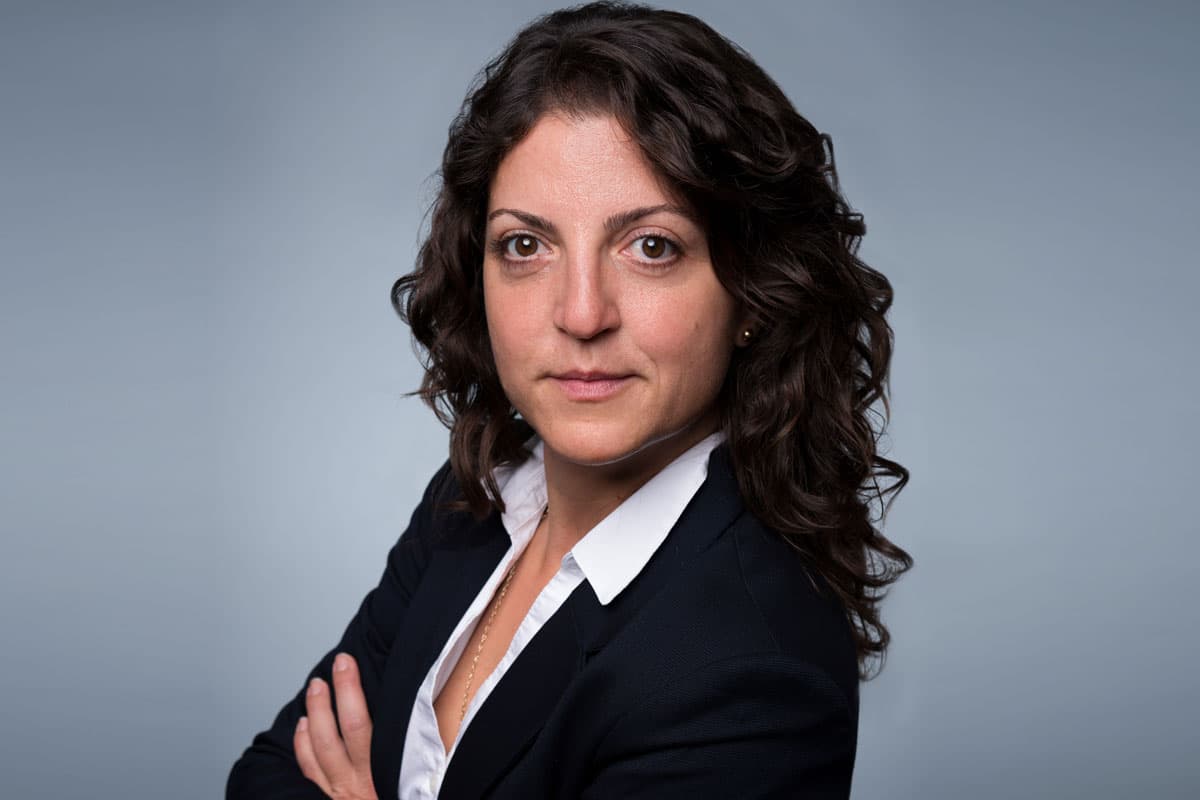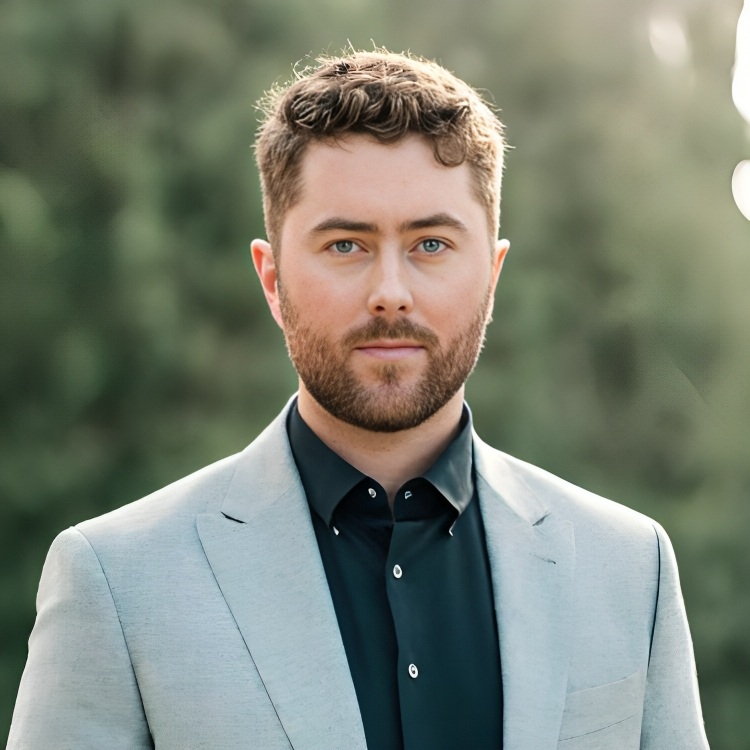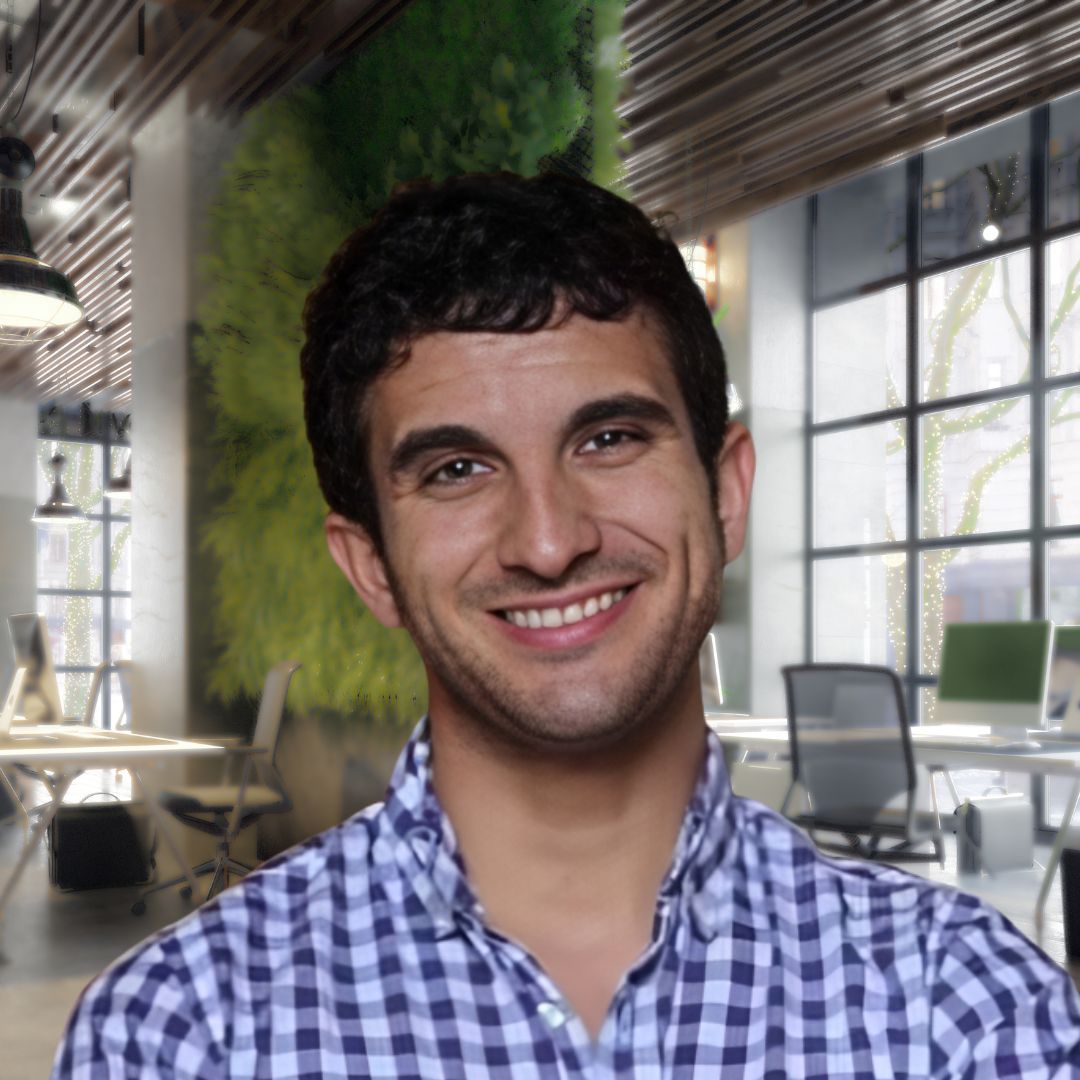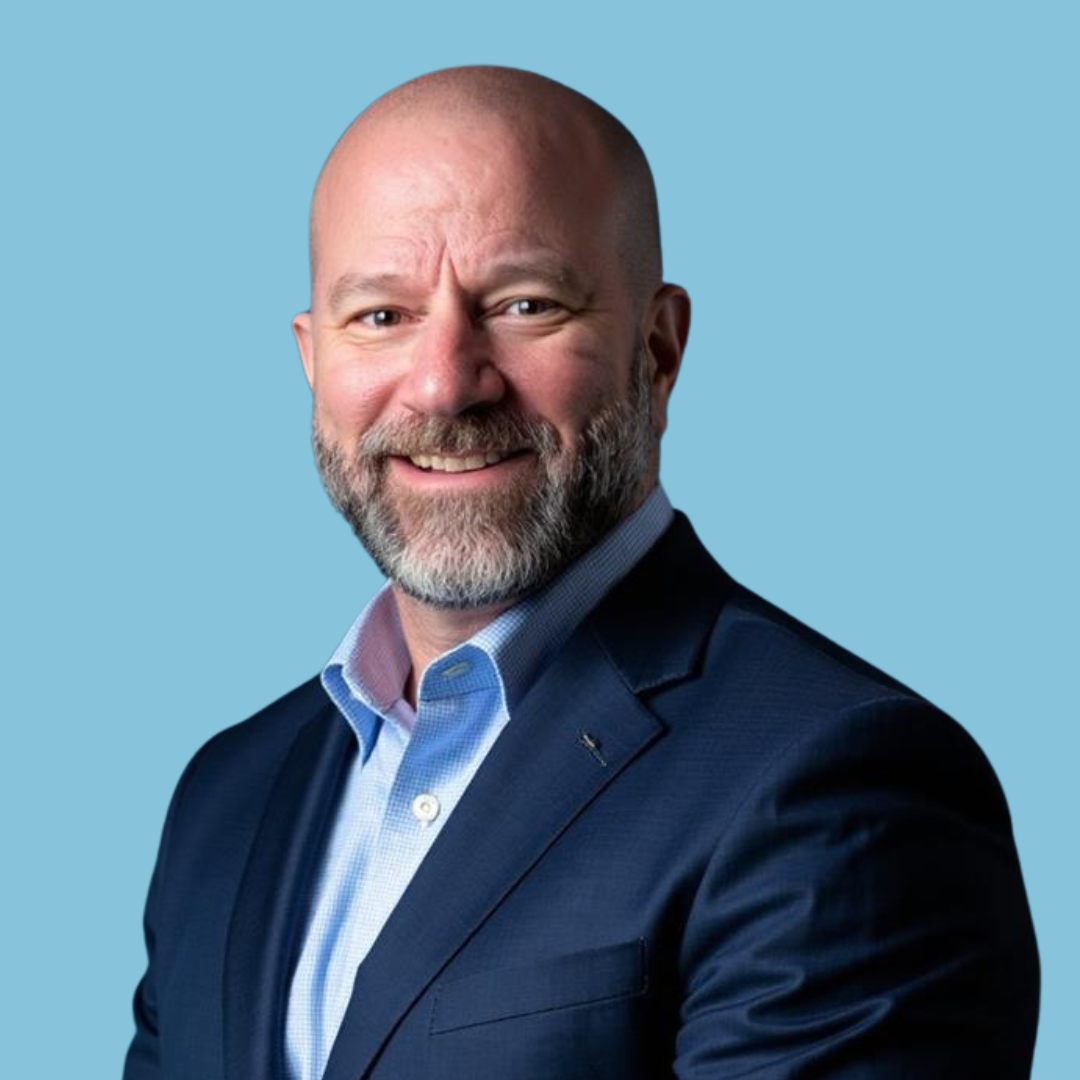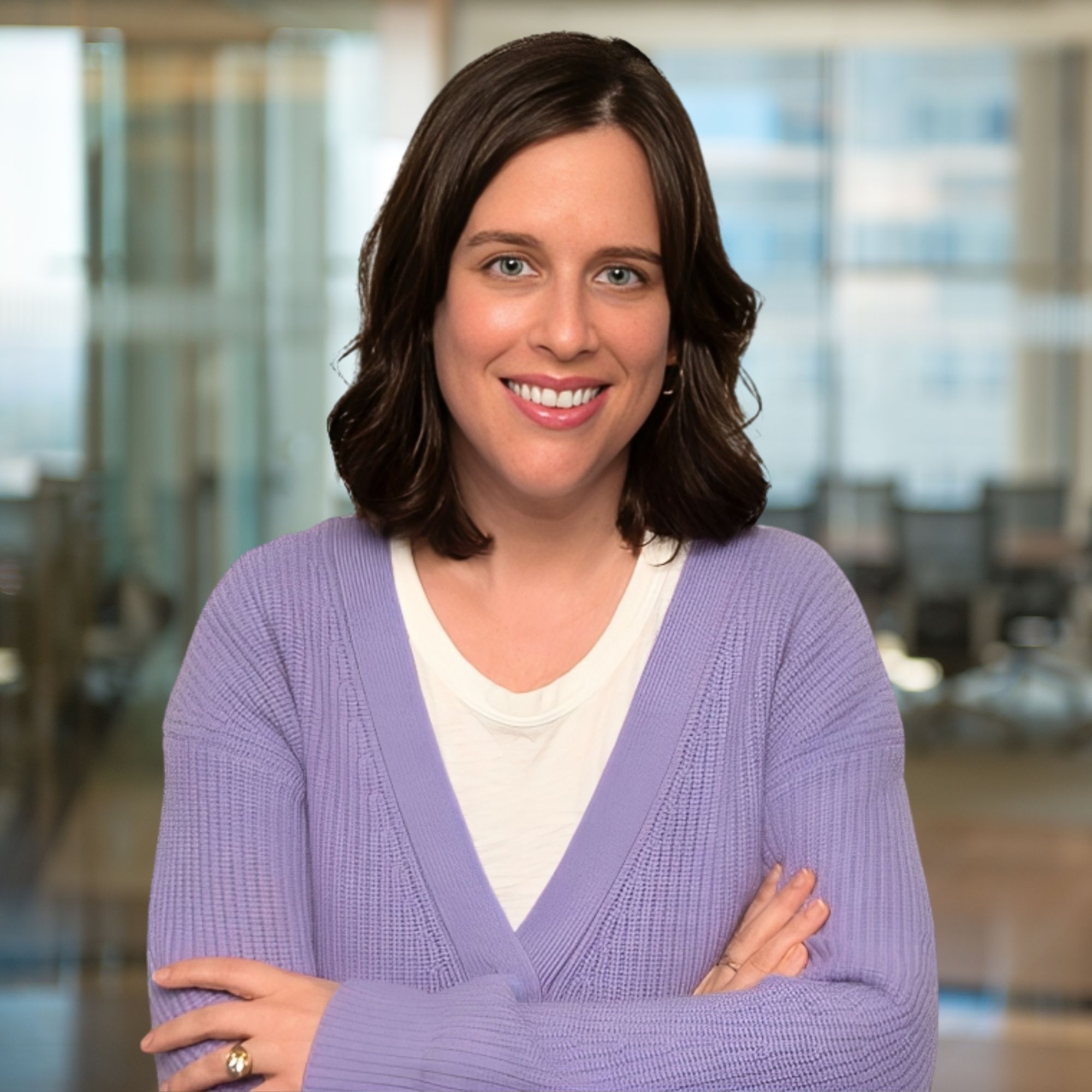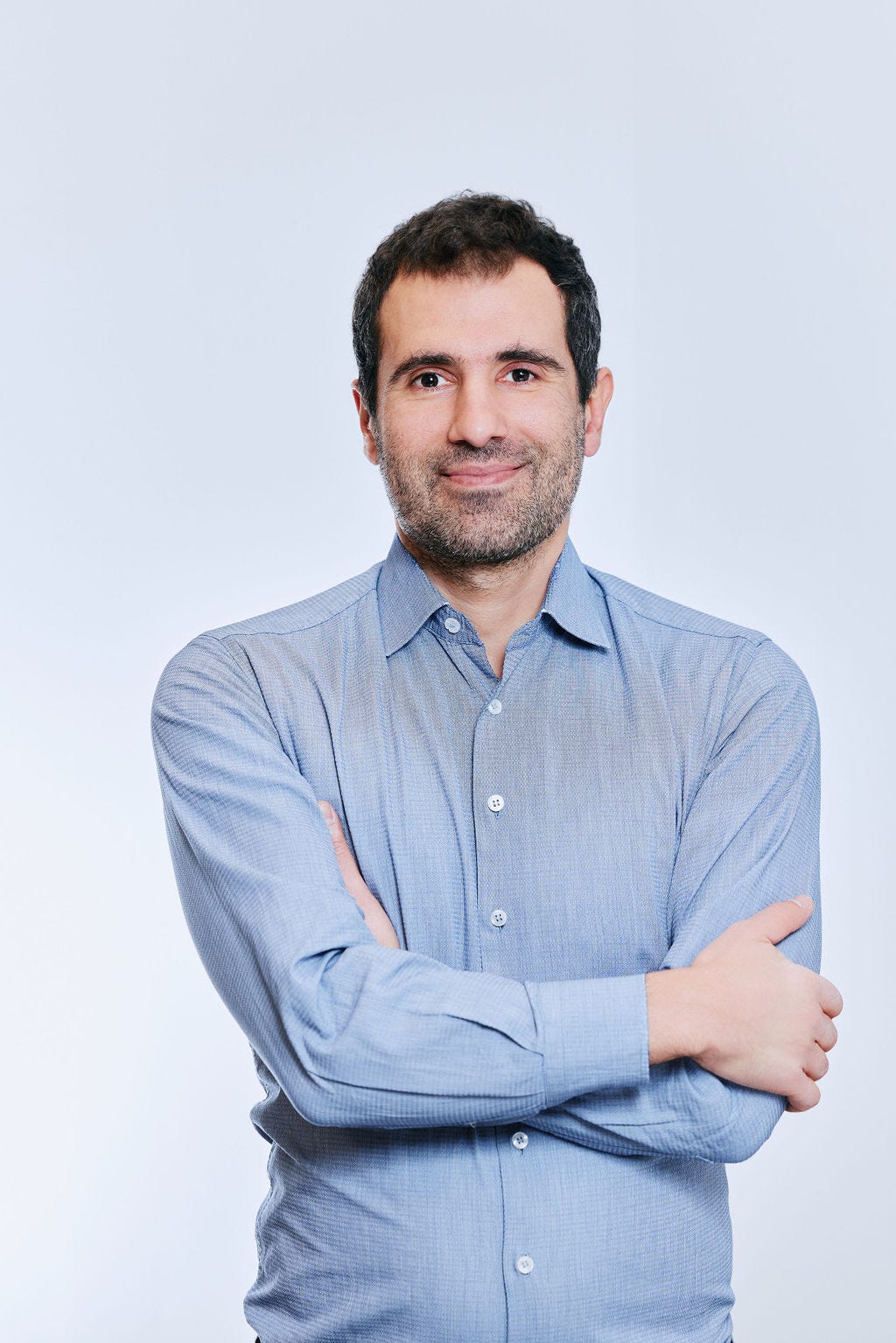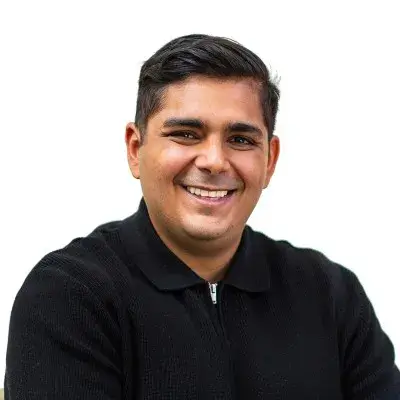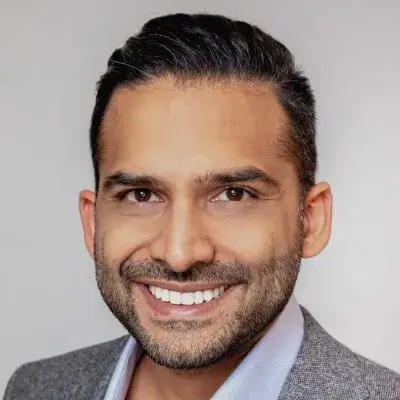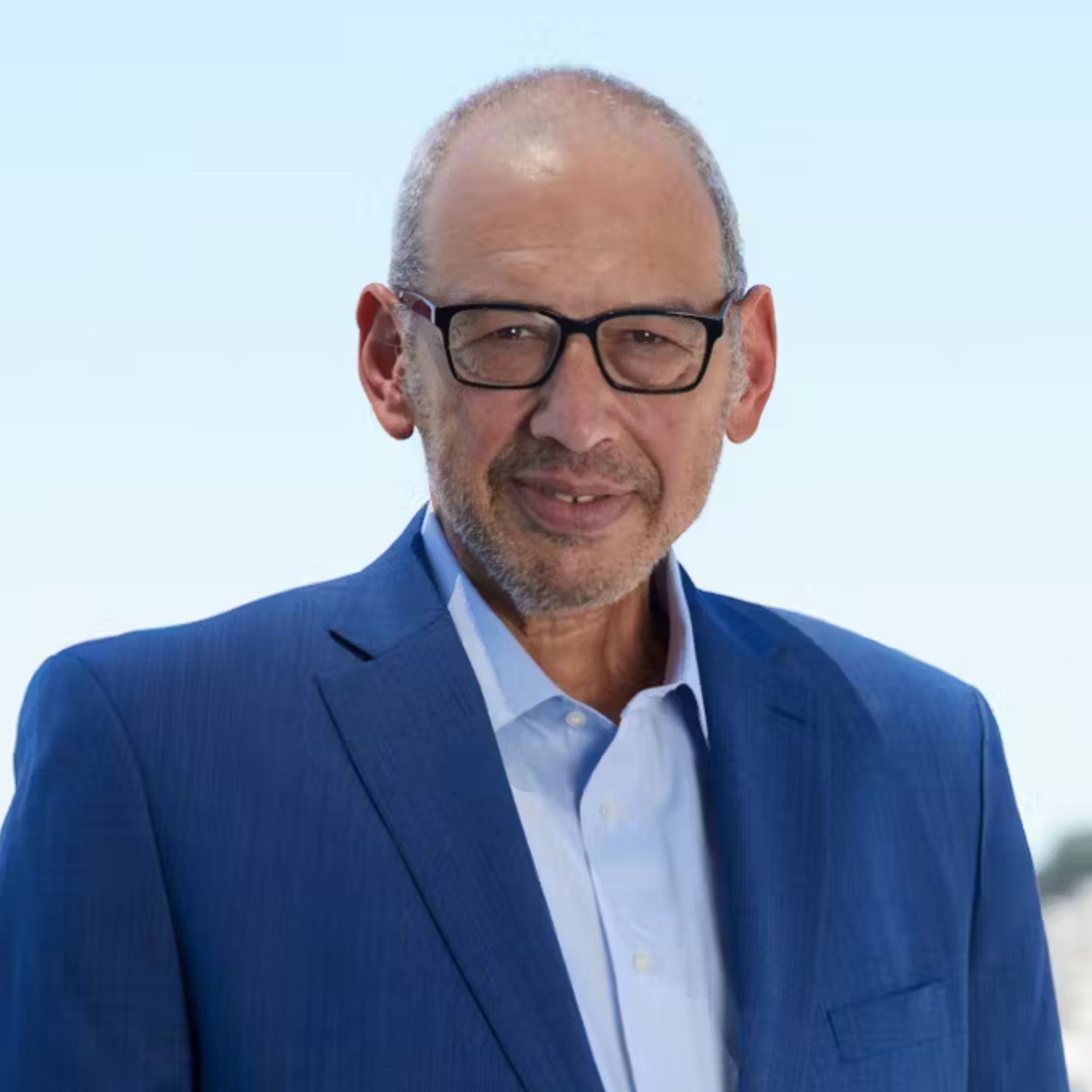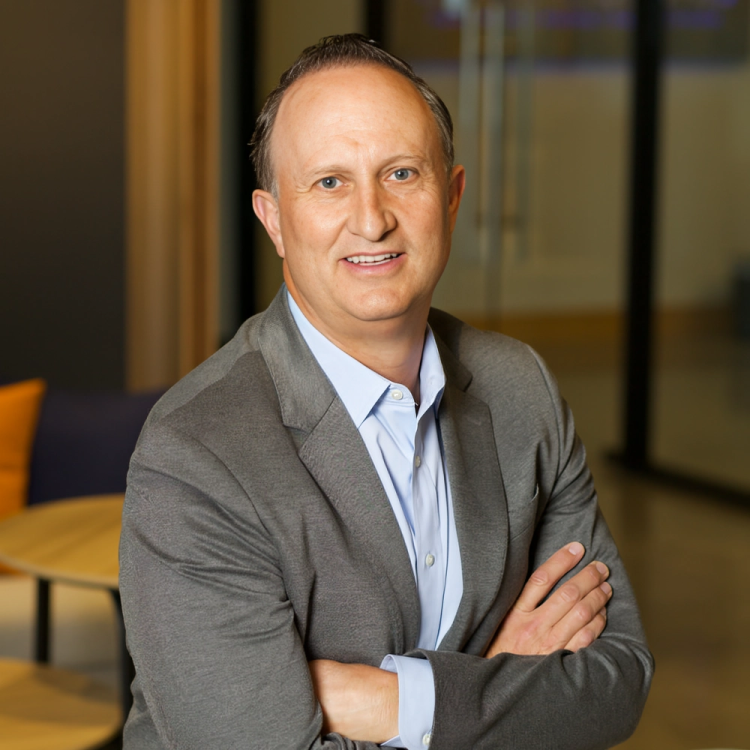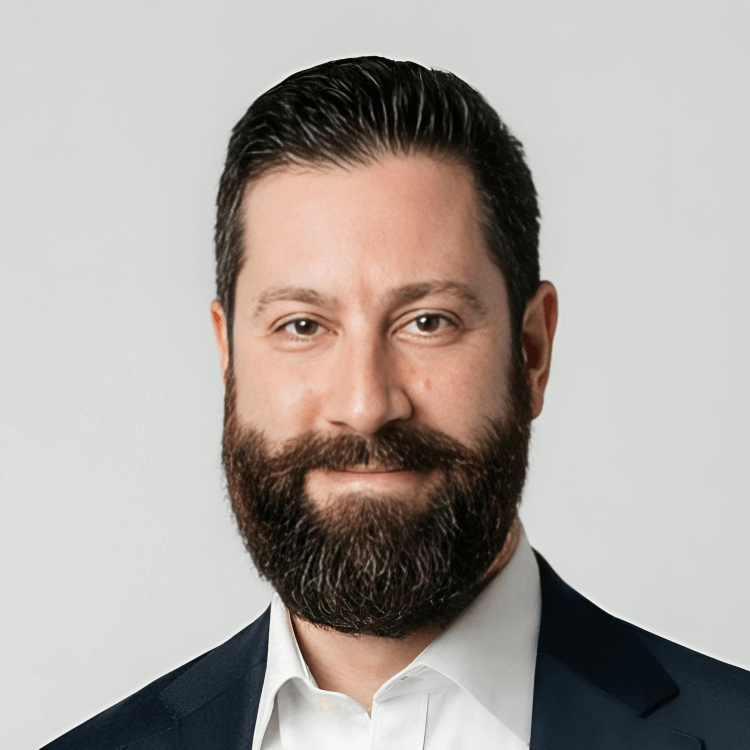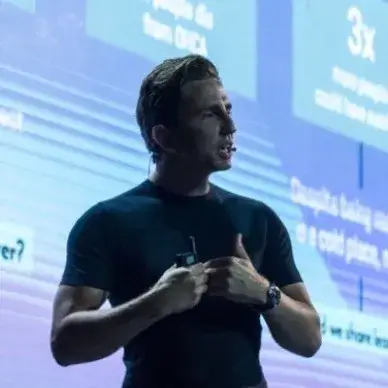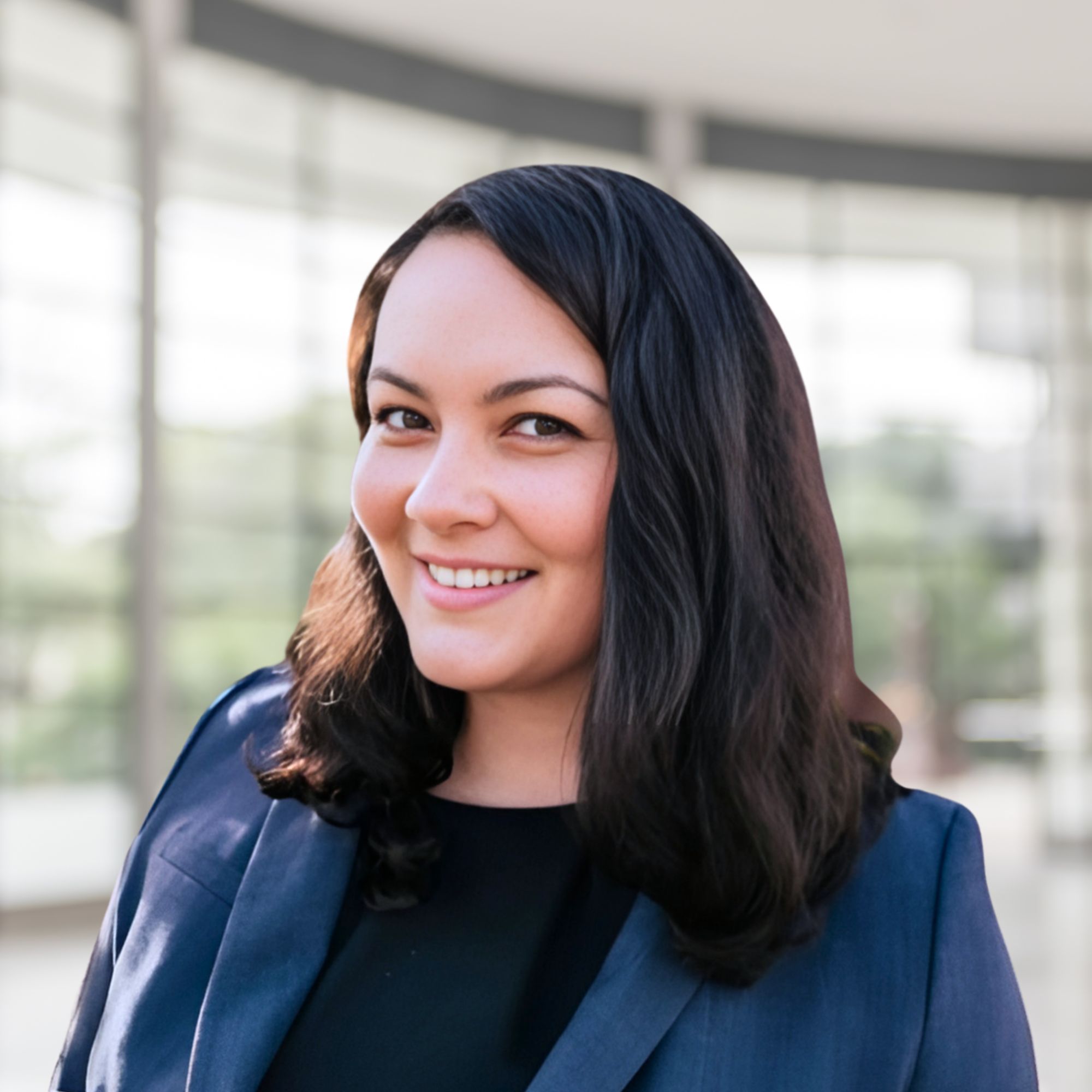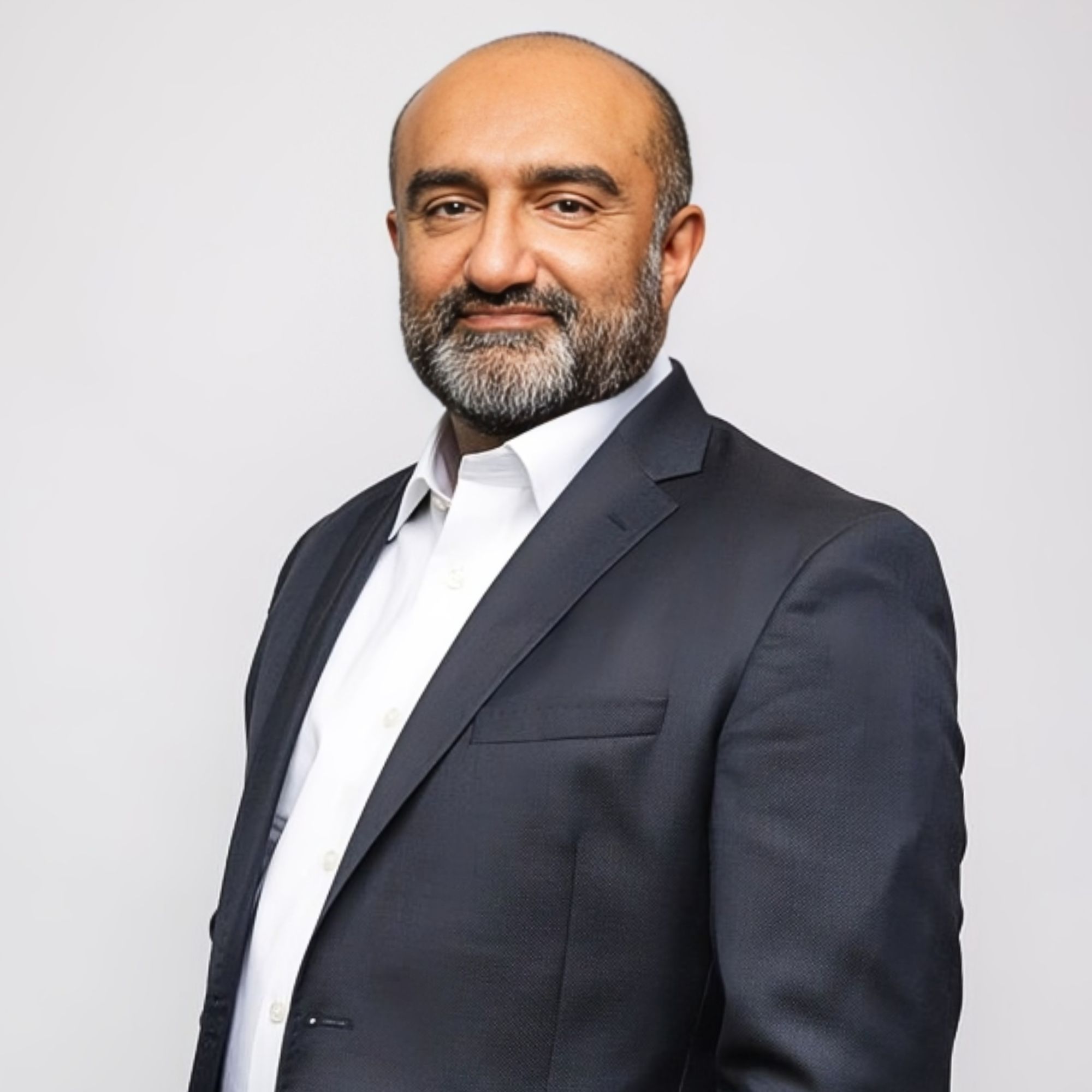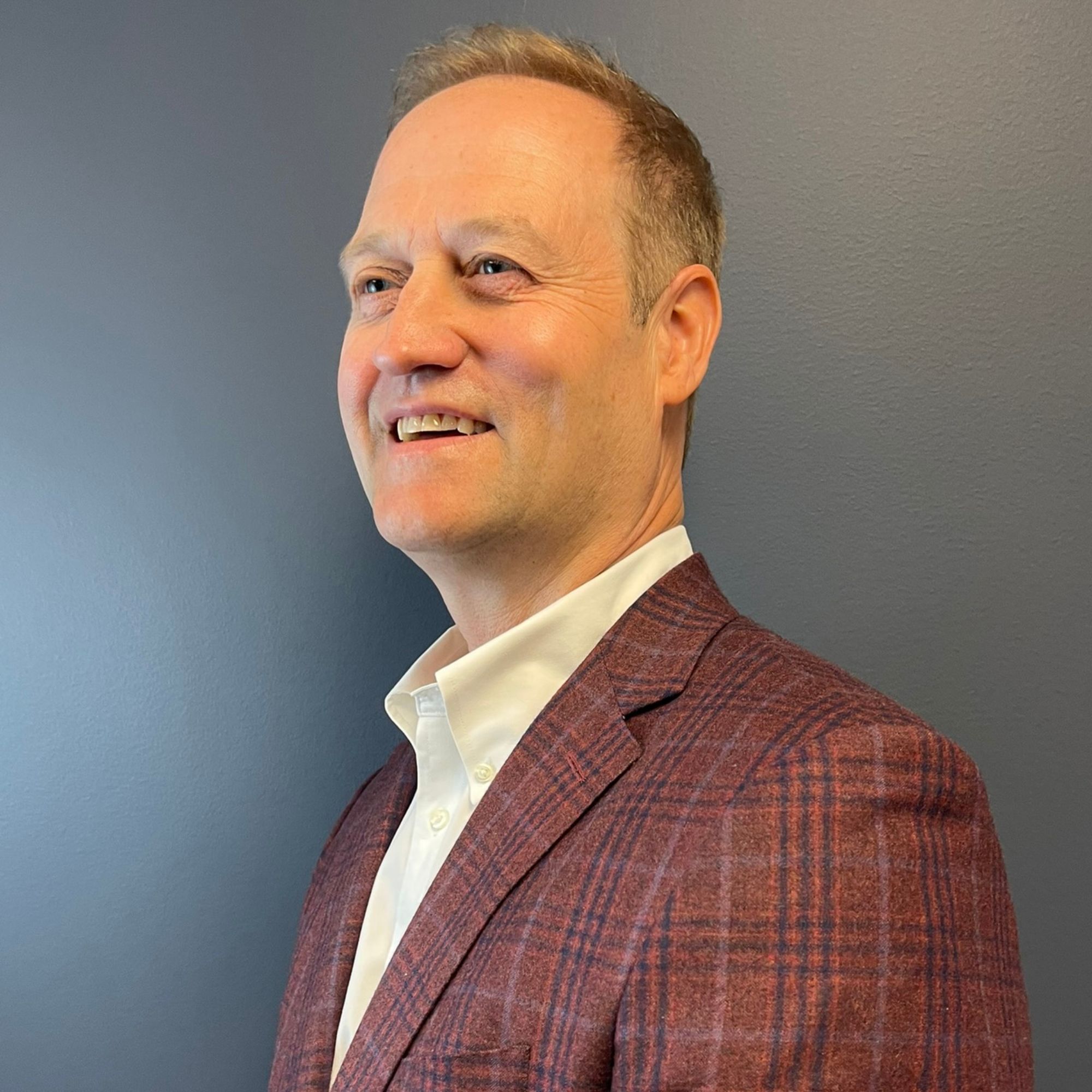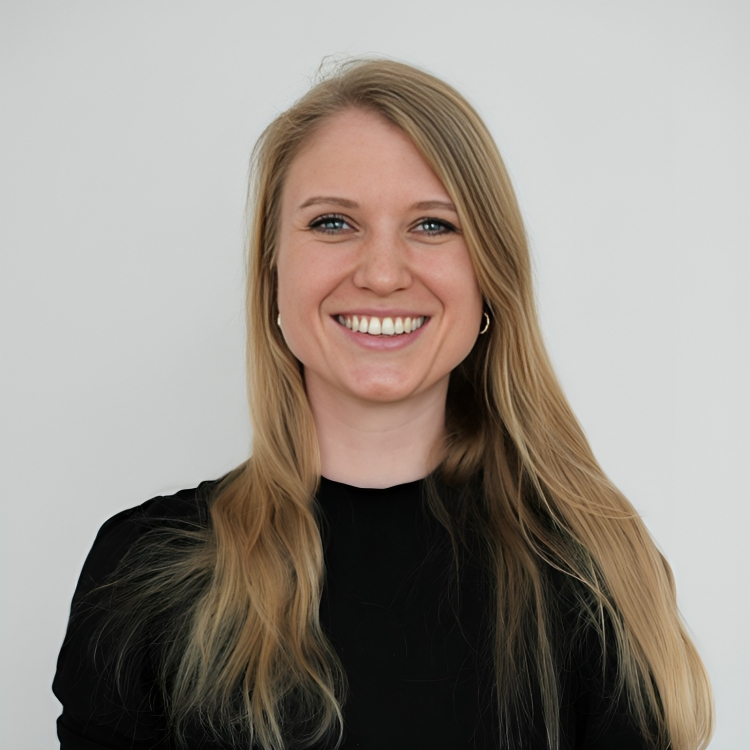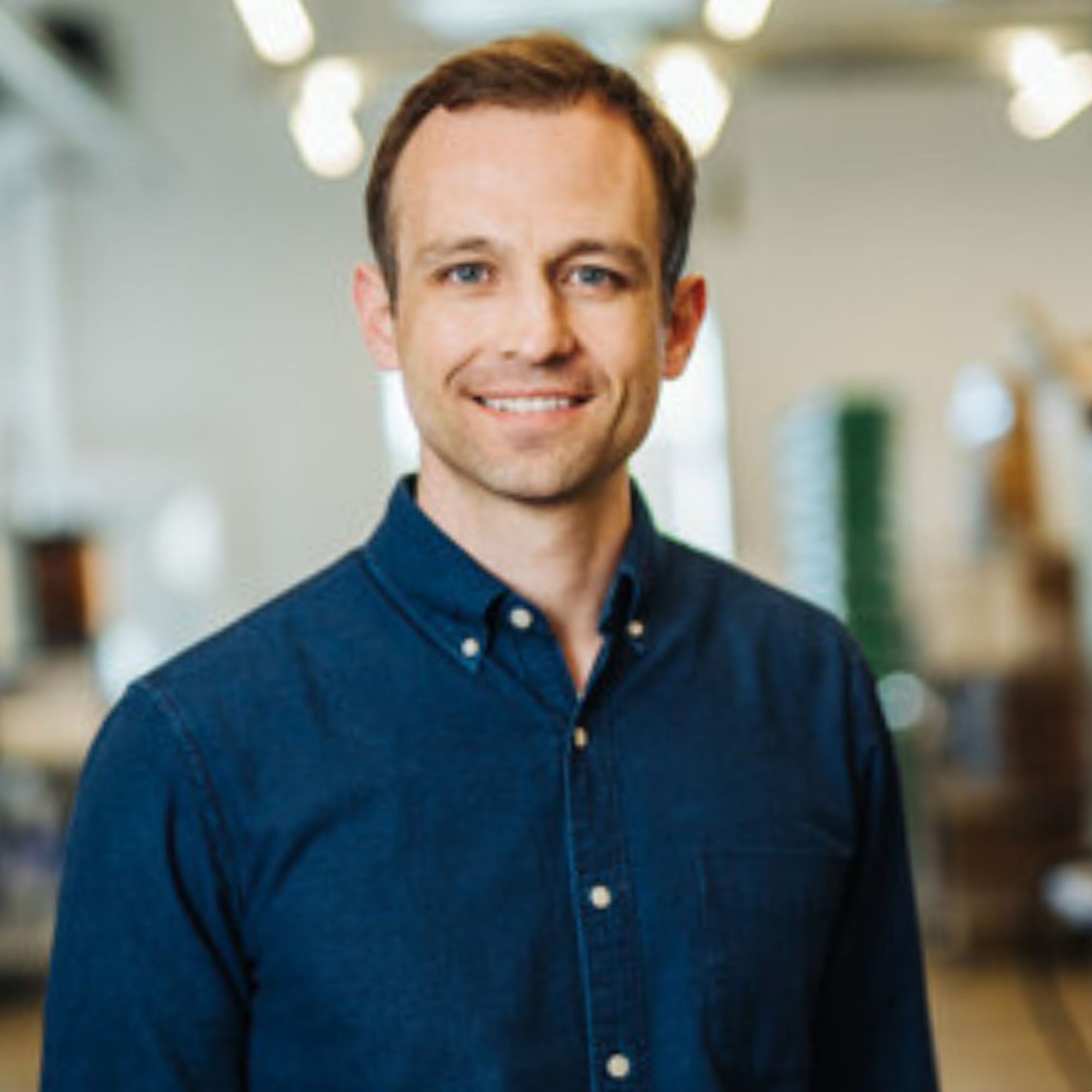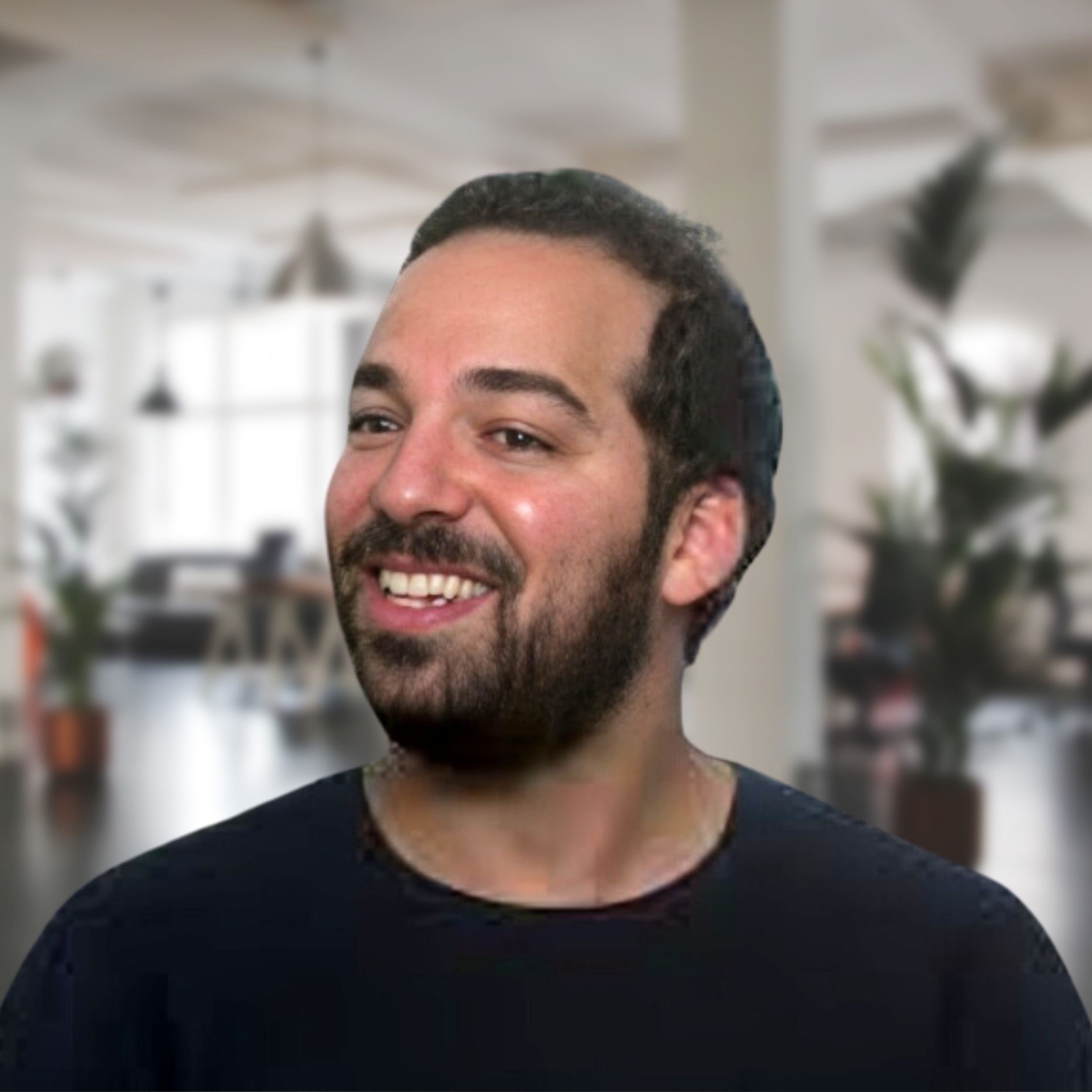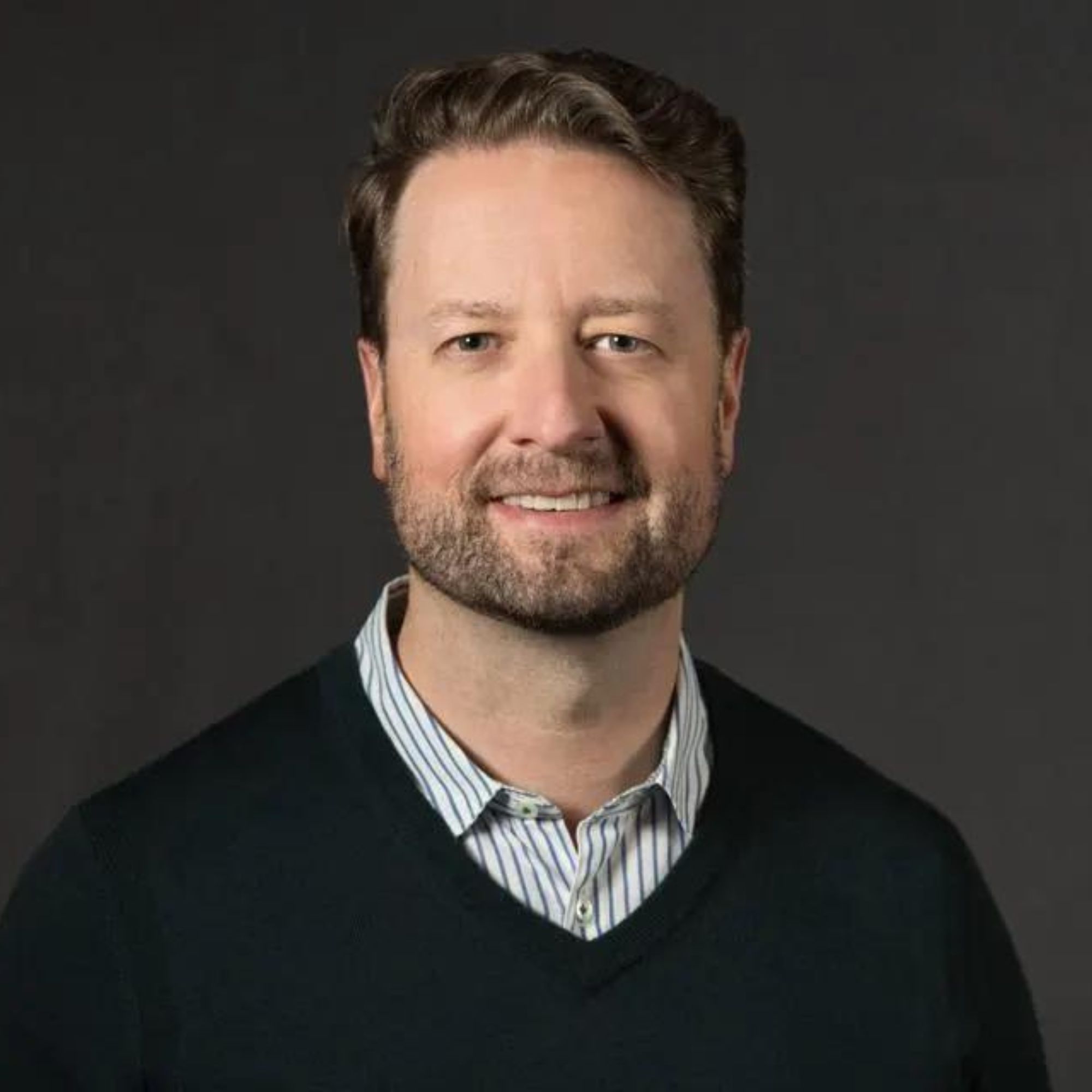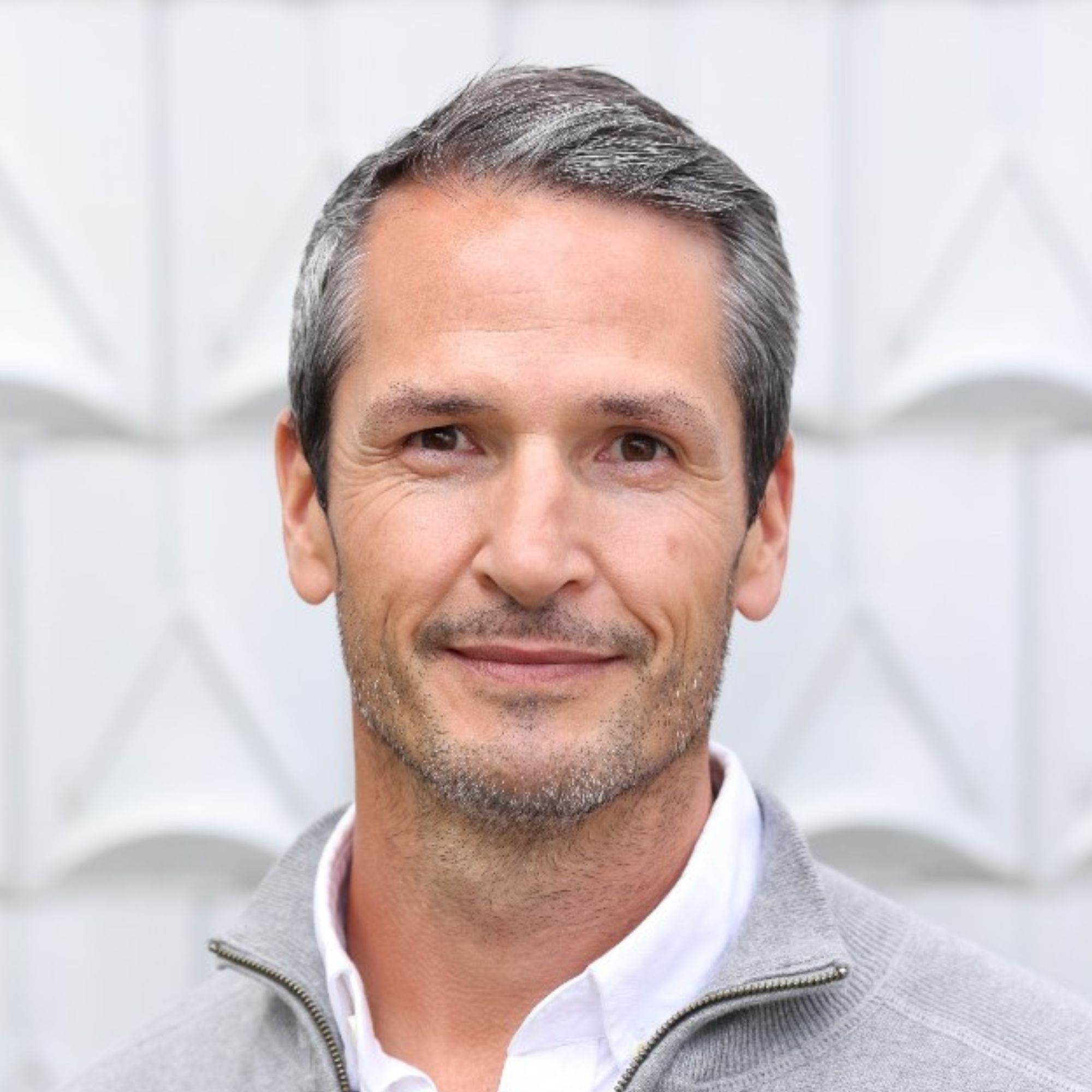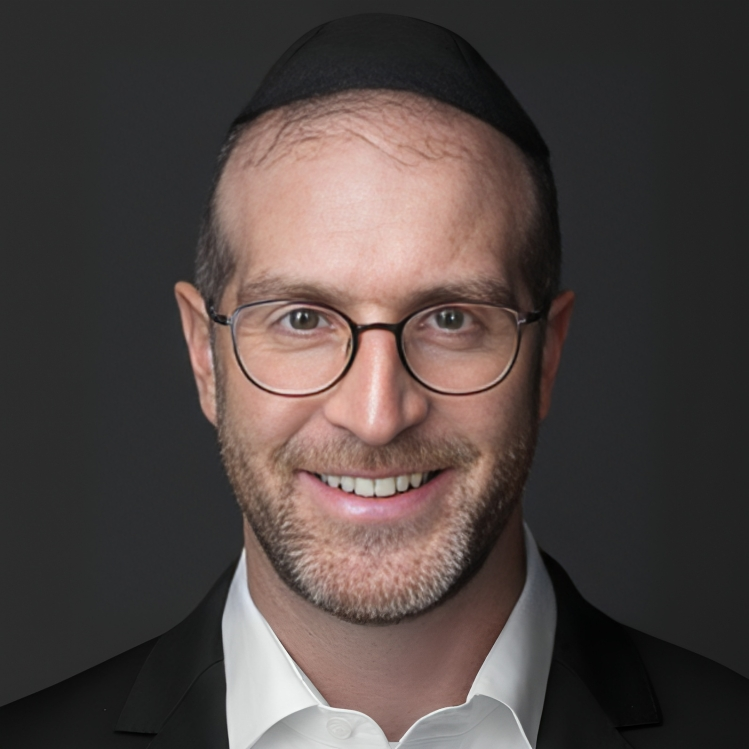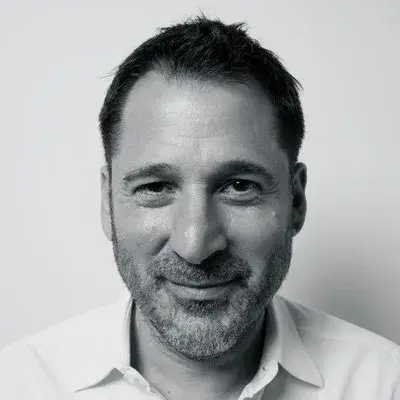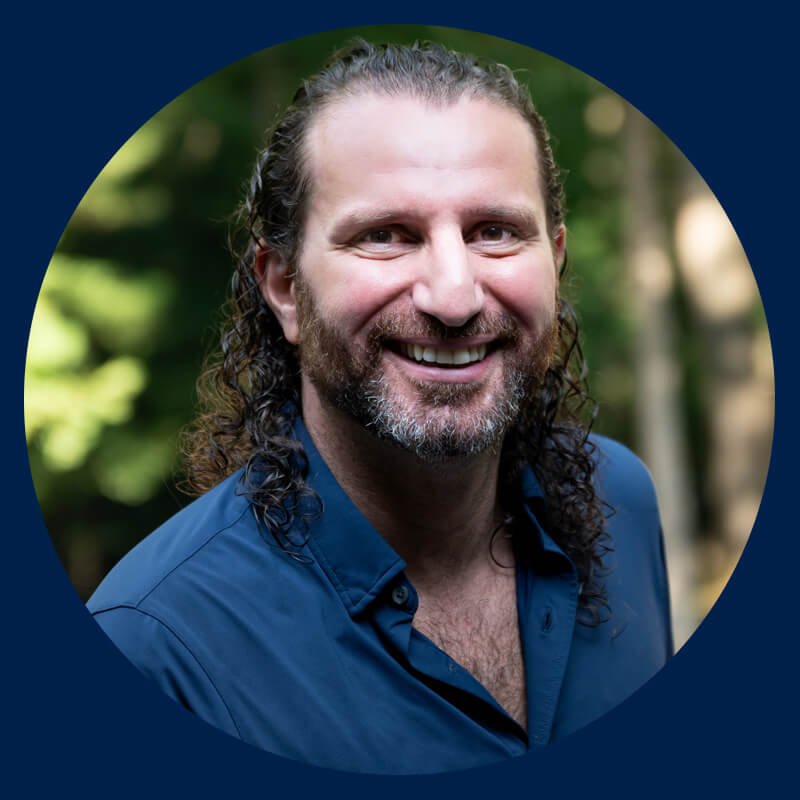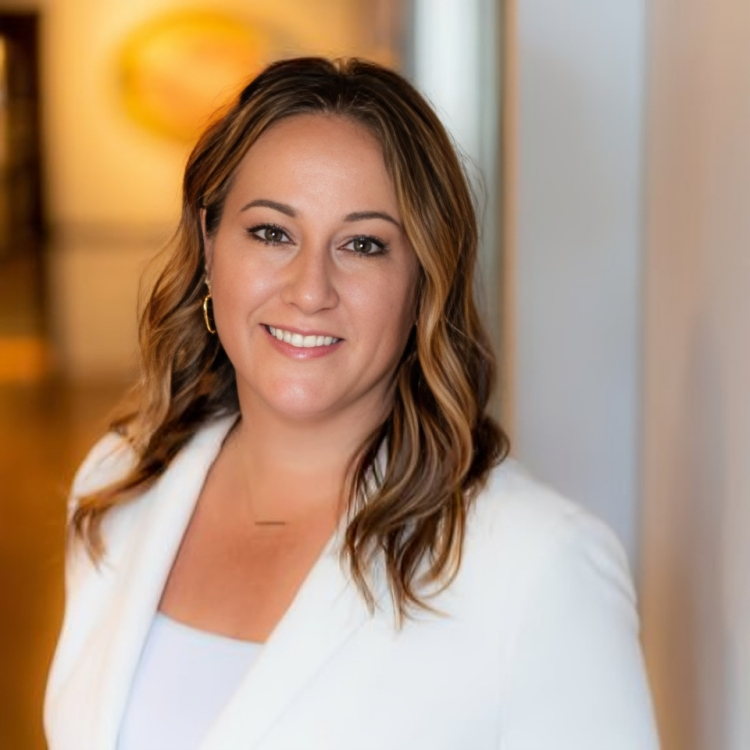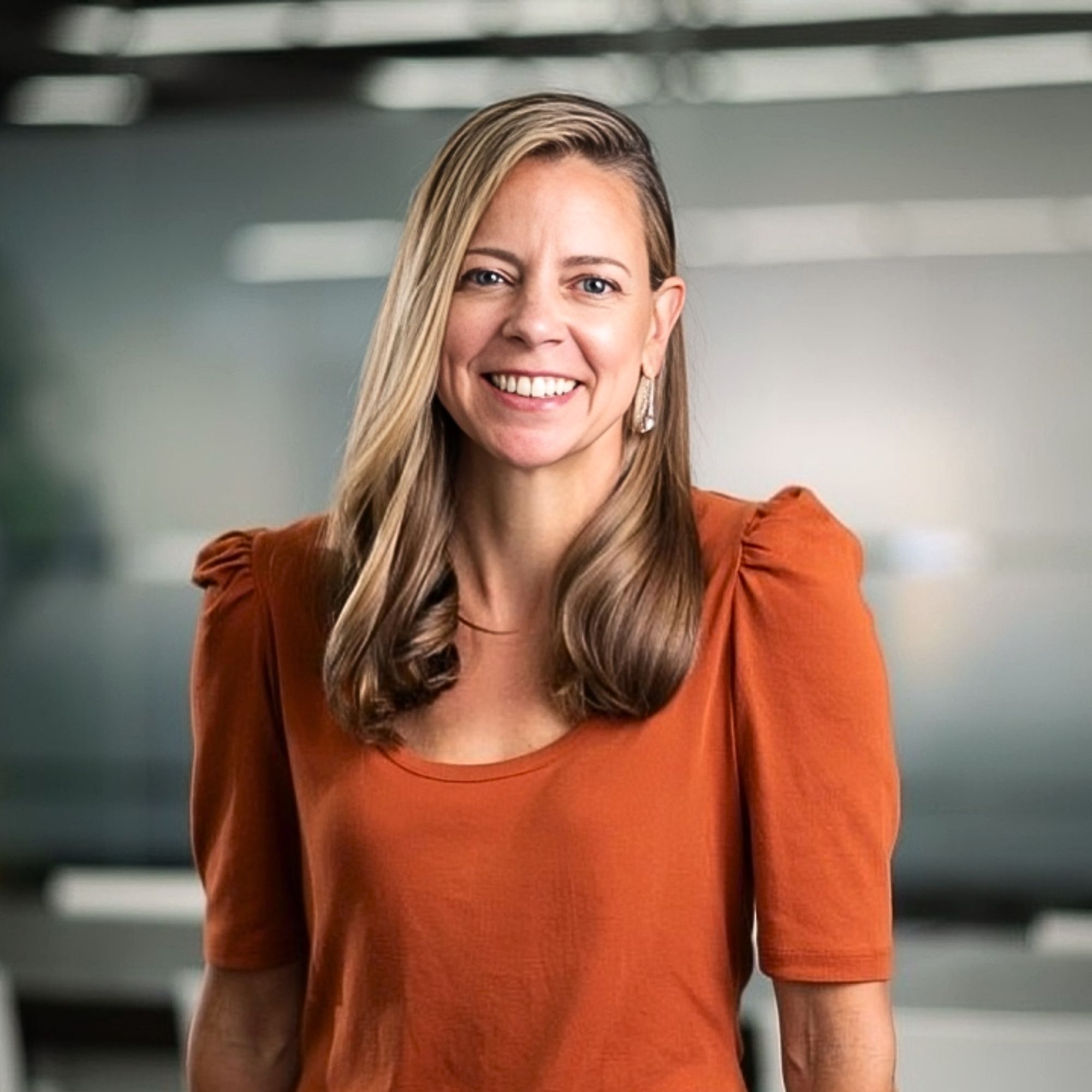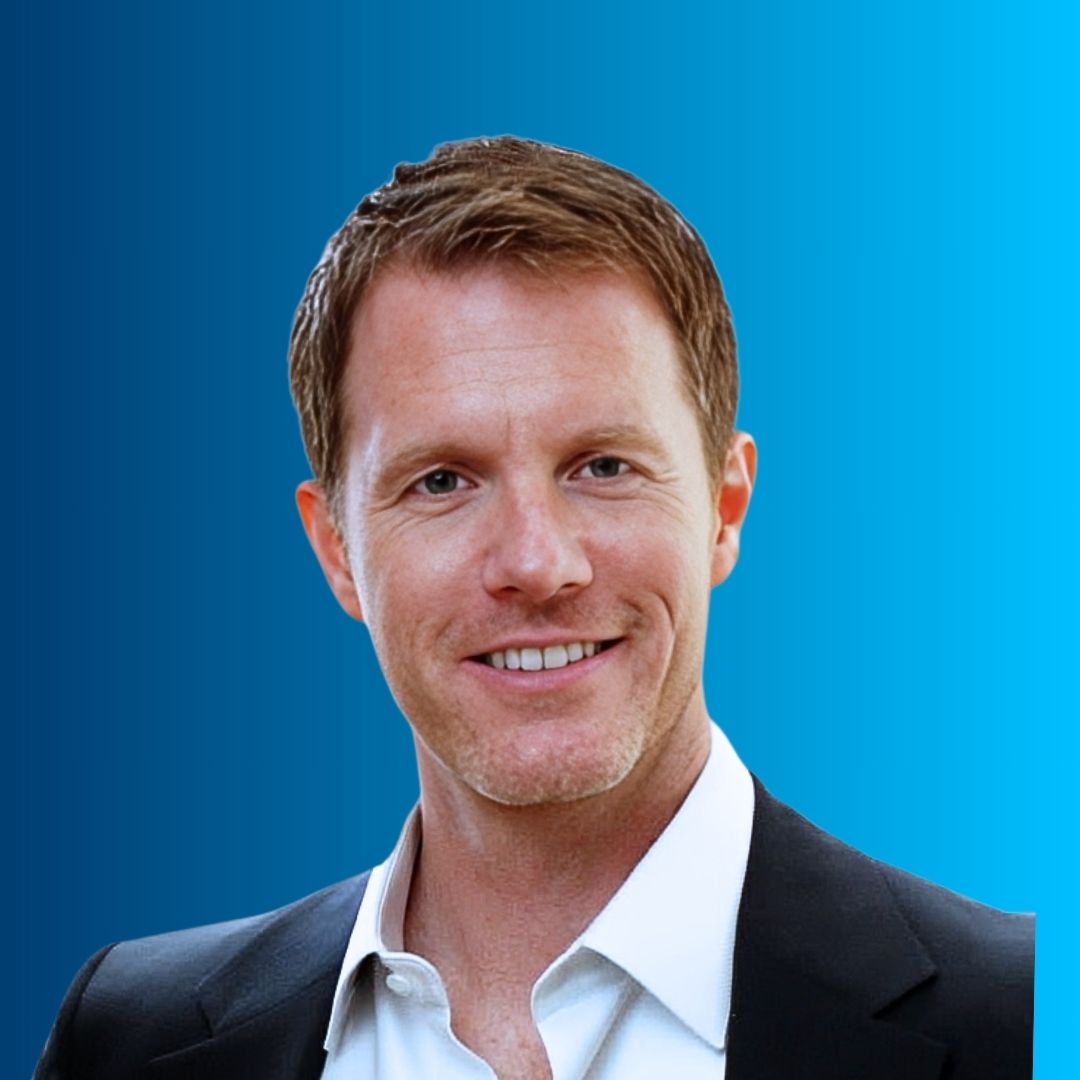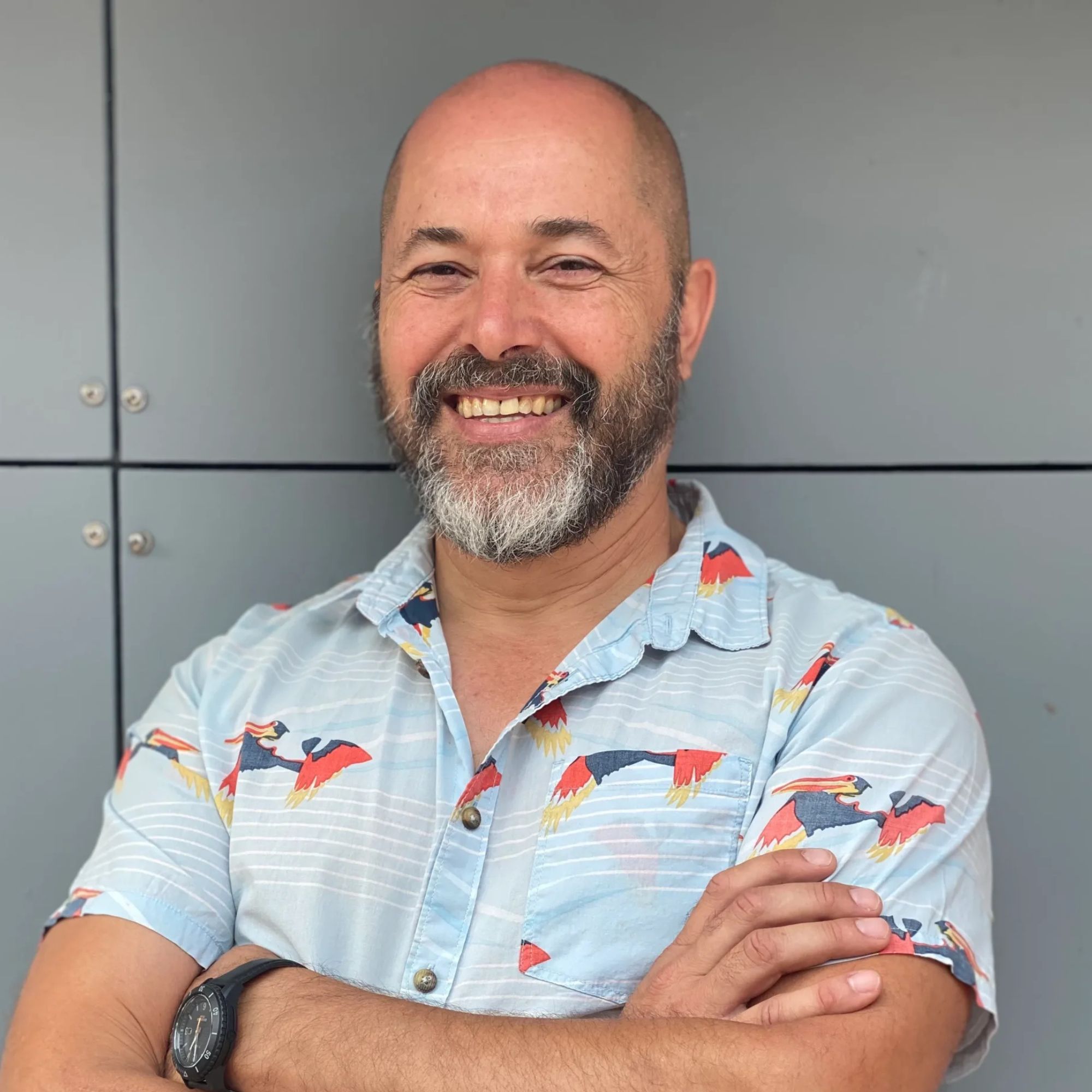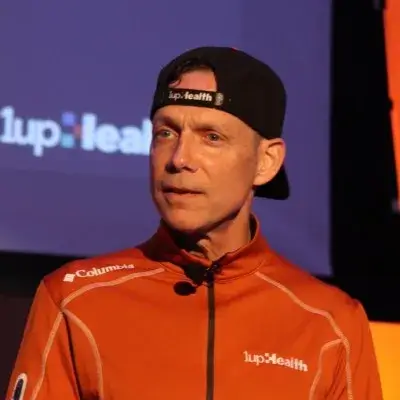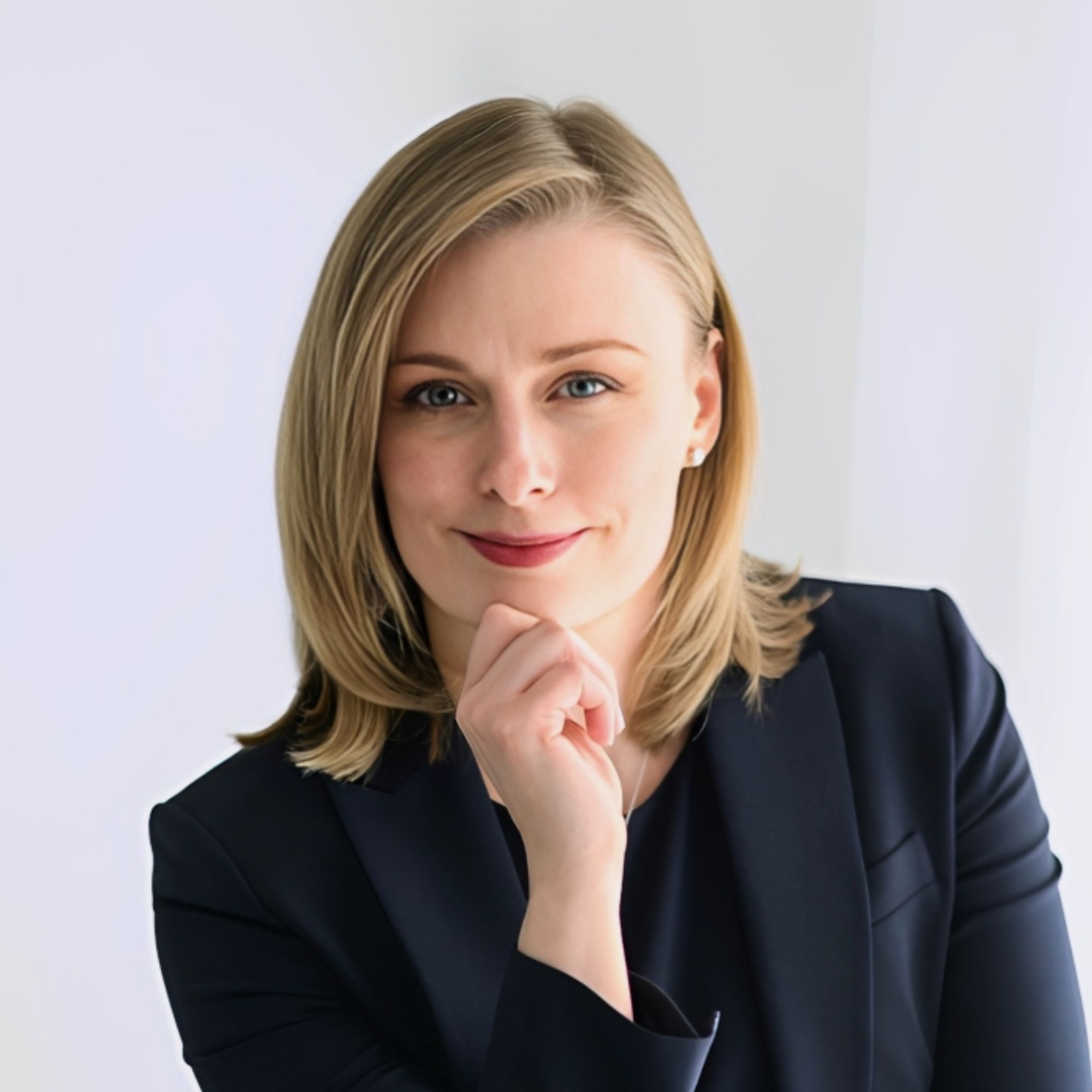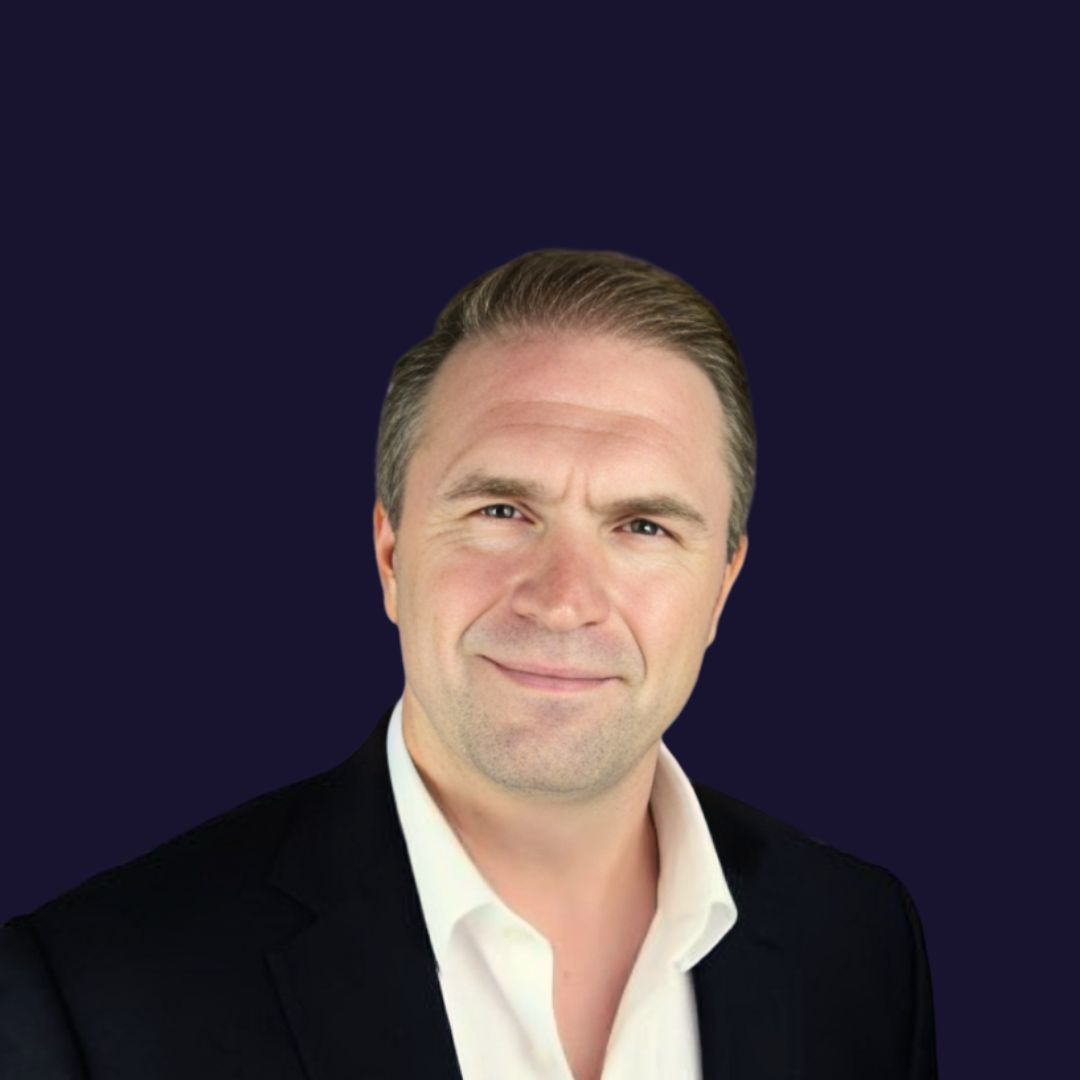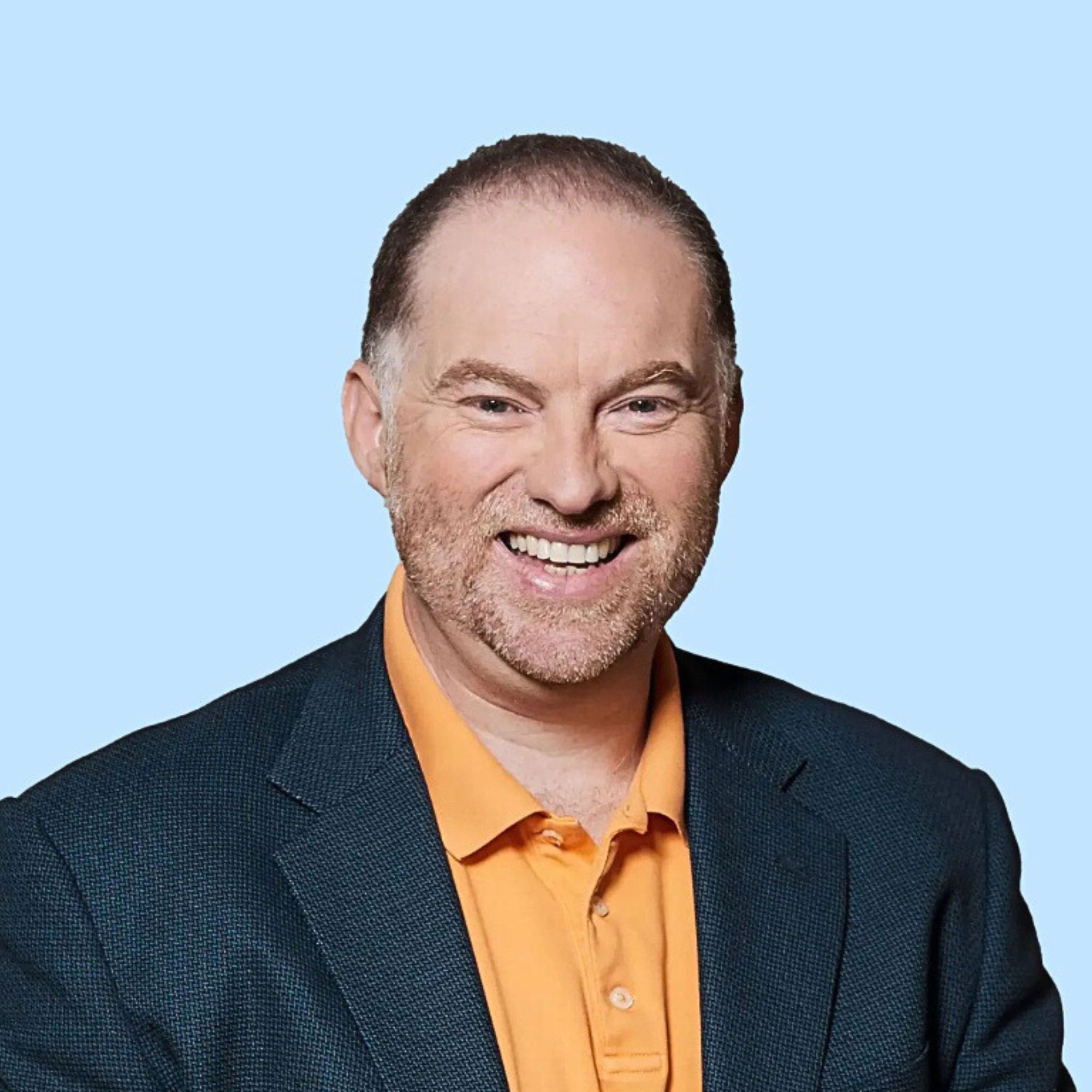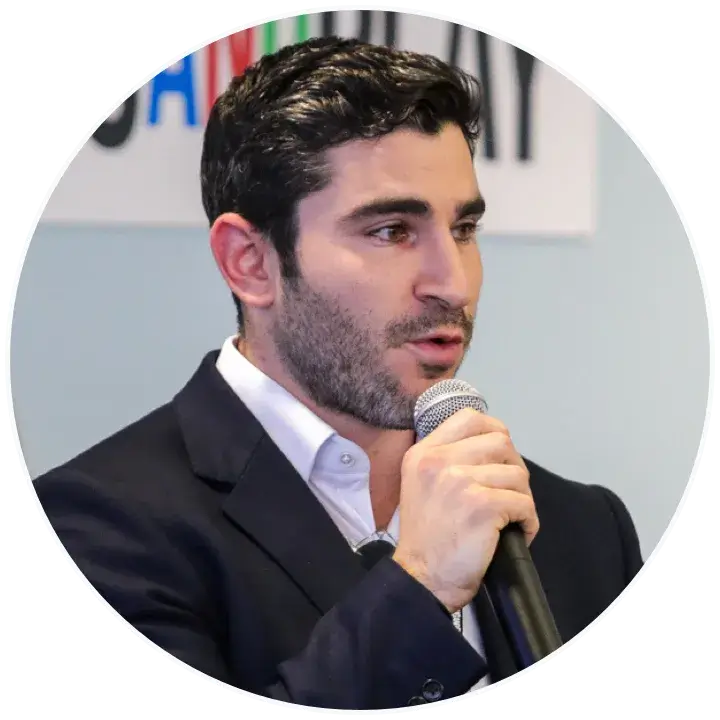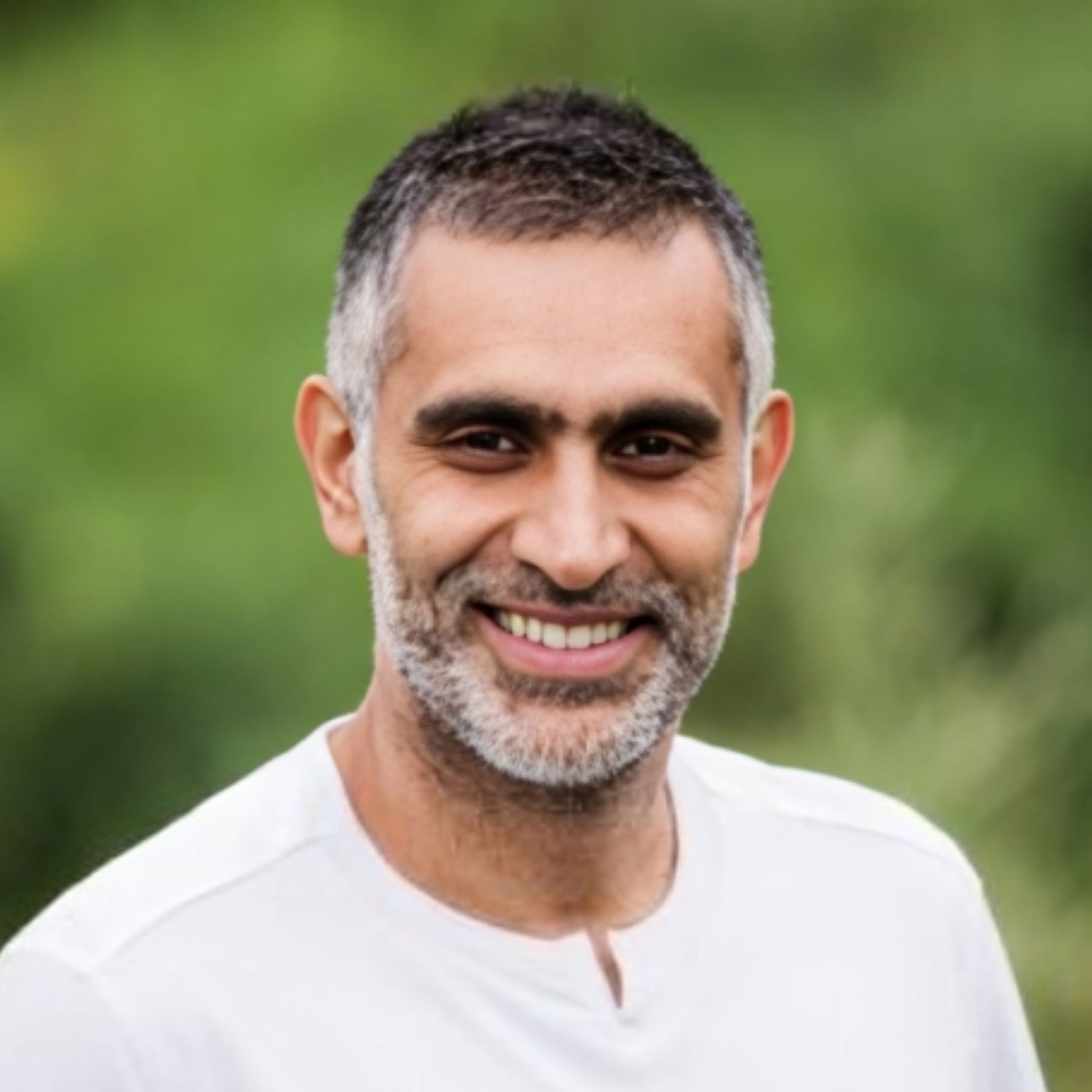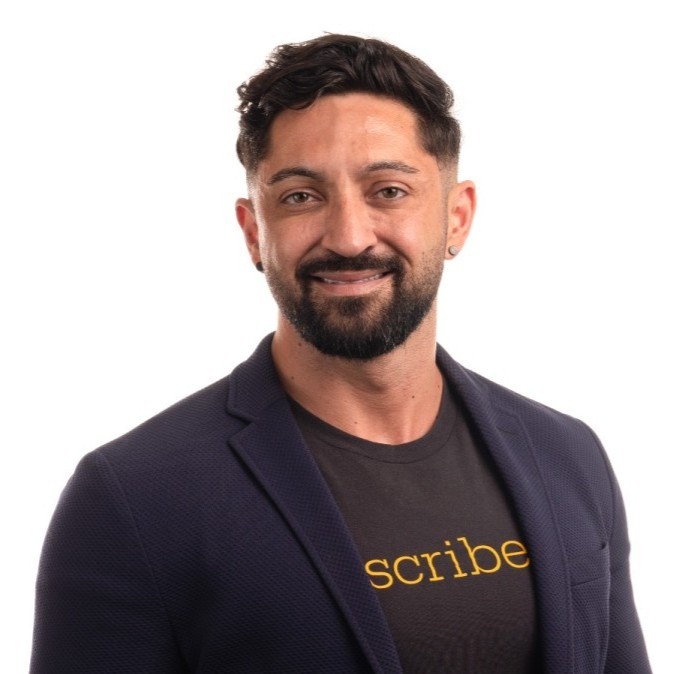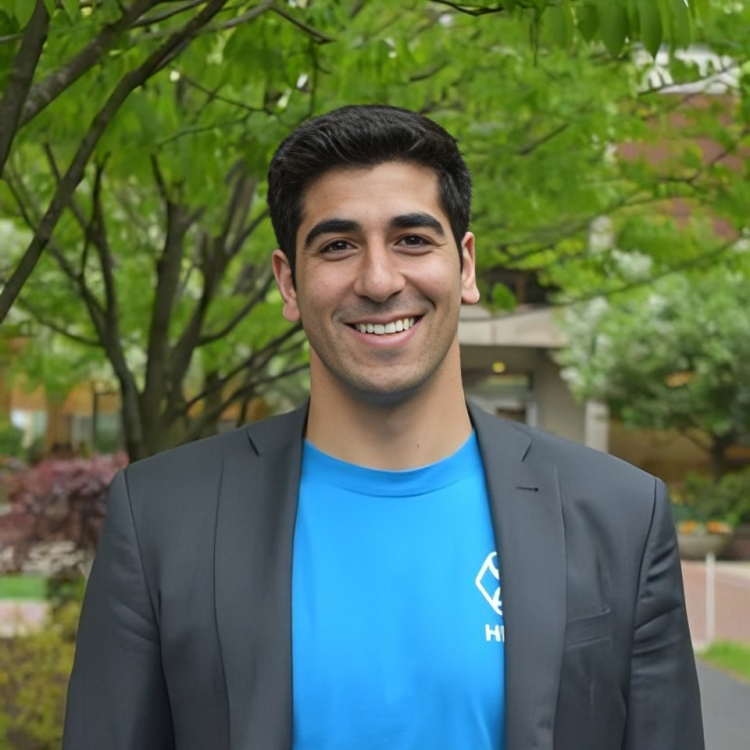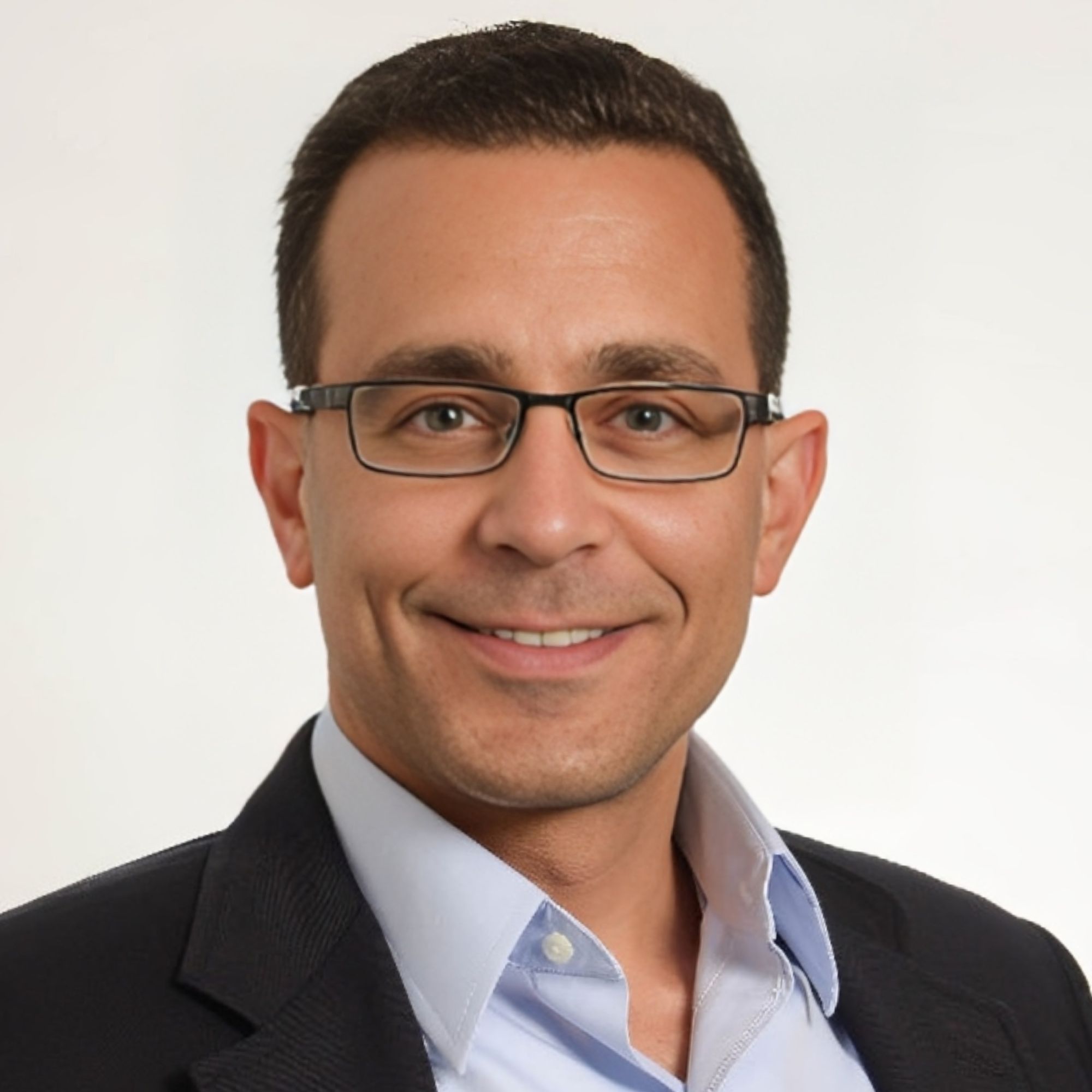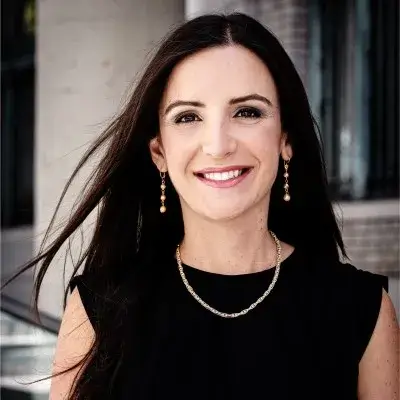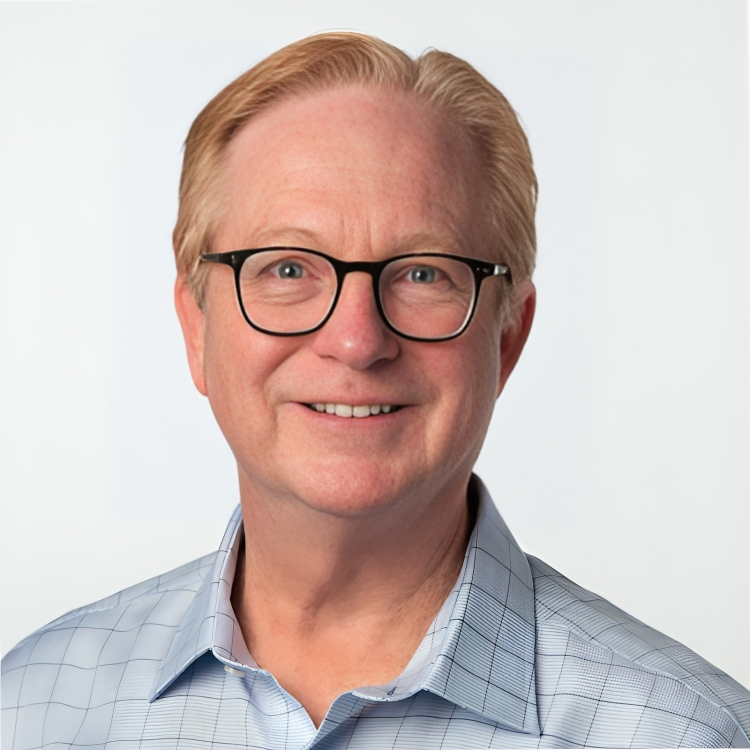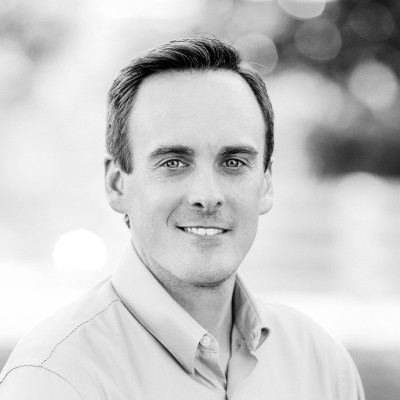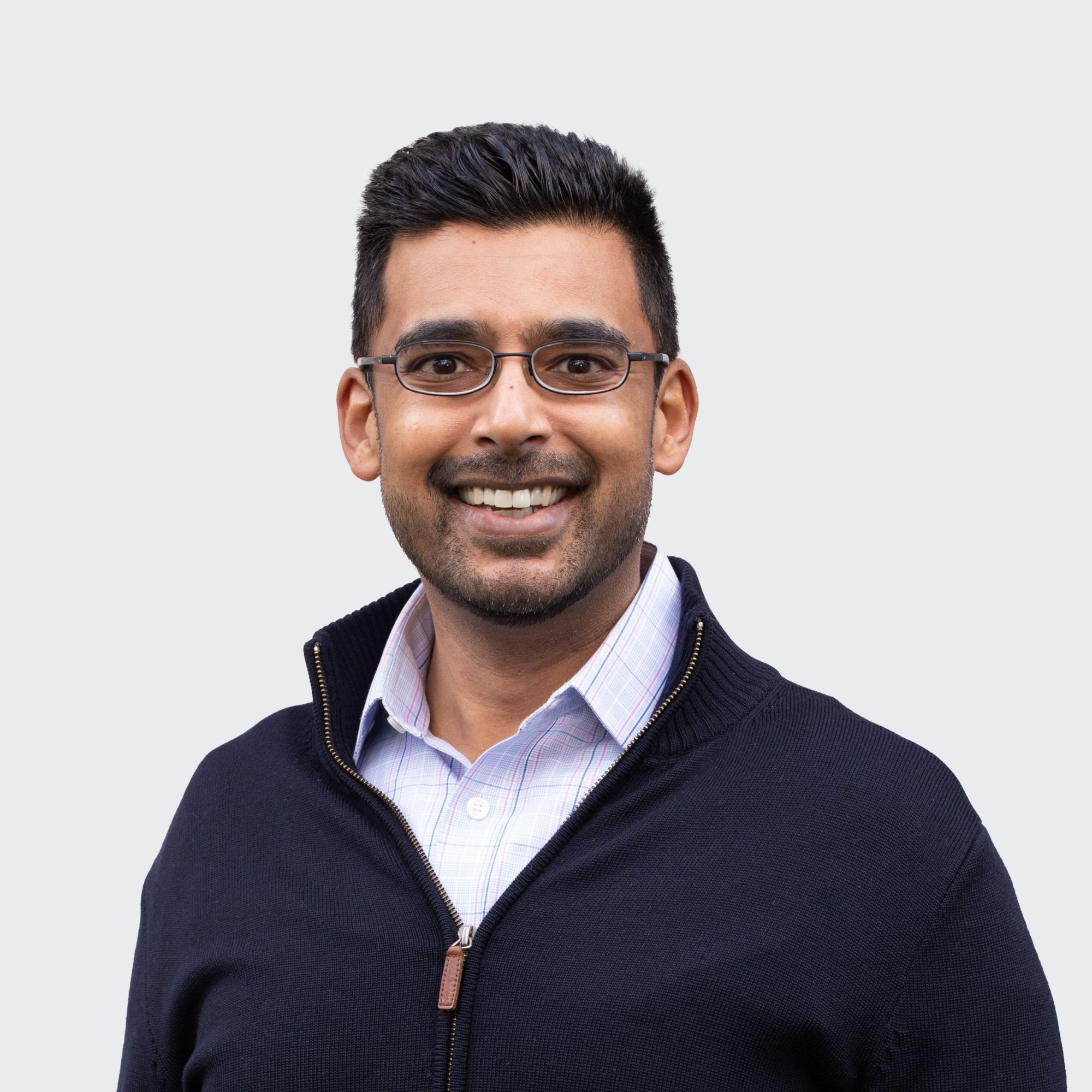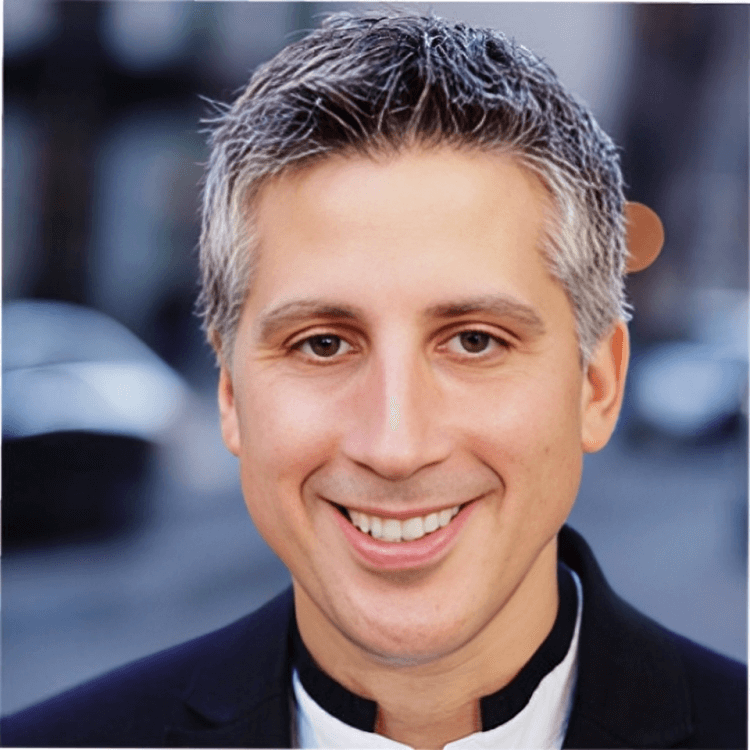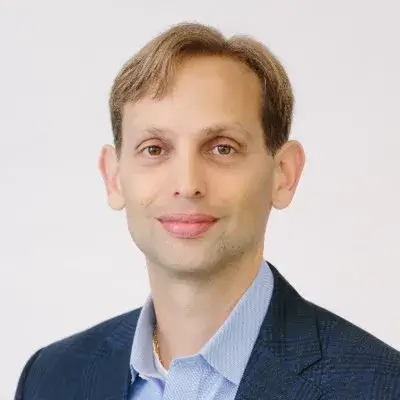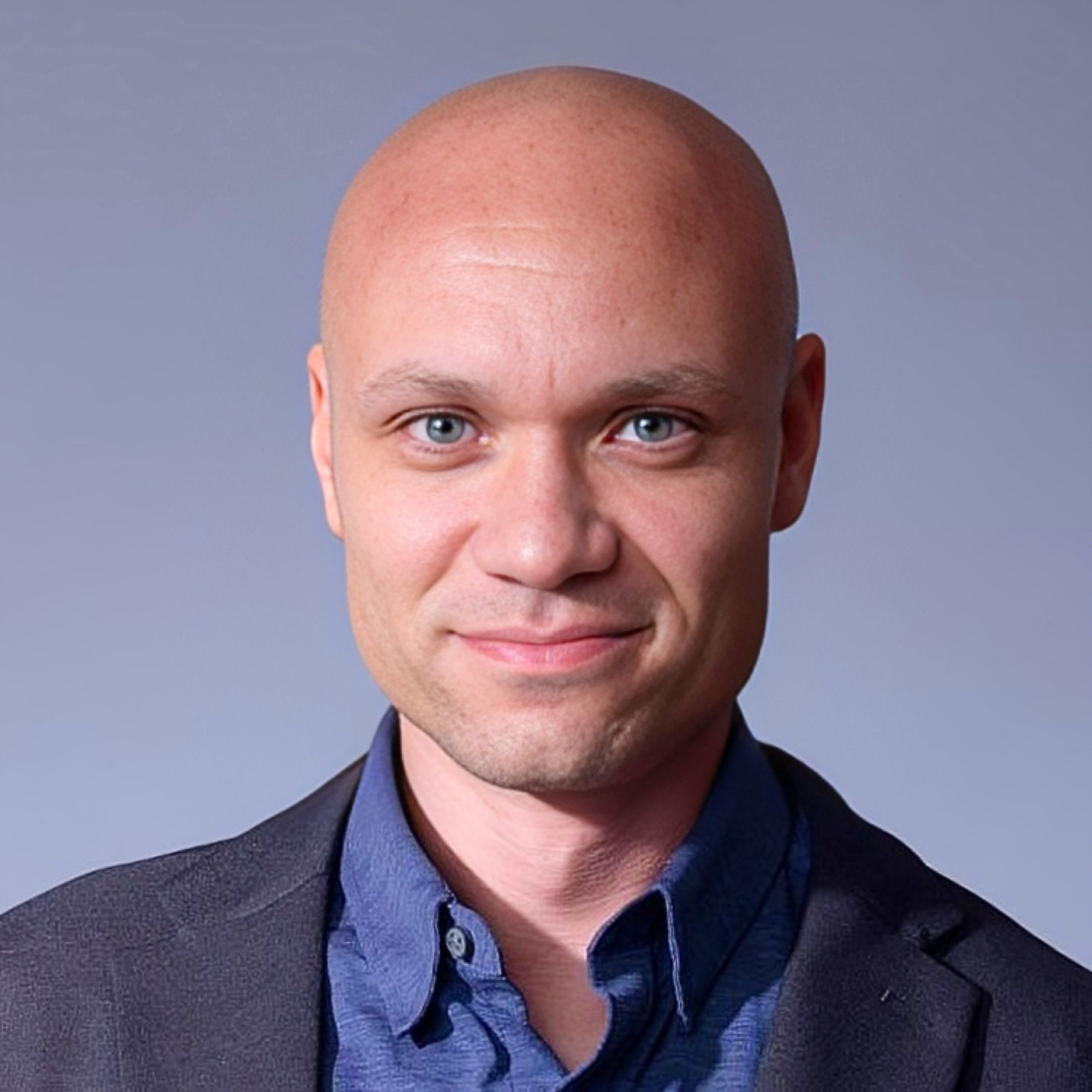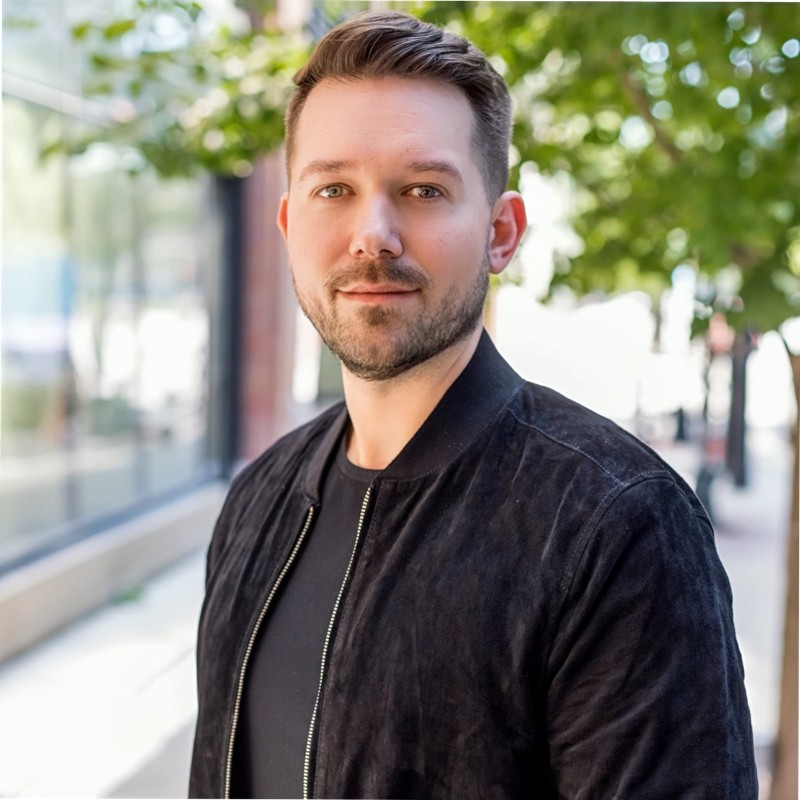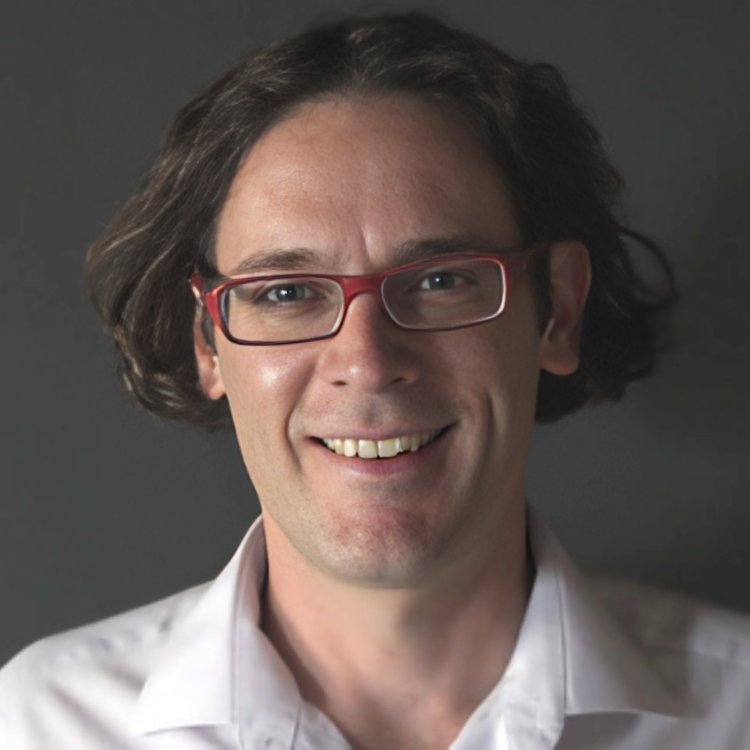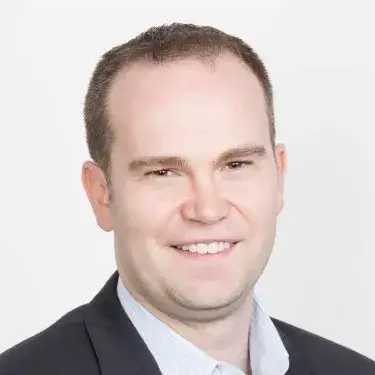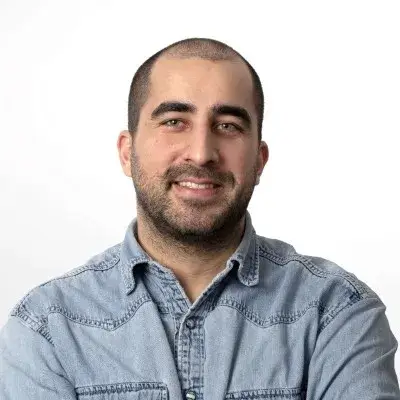Ready to build your own Founder-Led Growth engine? Book a Strategy Call
Frontlines.io | Where B2B Founders Talk GTM.
Strategic Communications Advisory For Visionary Founders
Actionable
Takeaways
Use demanding customers as product validation engines:
Teodor's team deliberately targeted top-tier academic medical centers as their initial customer base with a specific thesis: "If we can make the best in the world even better, then we can make anyone better." This wasn't just about prestige - these customers had "internal, very sophisticated systems" and "very knowledgeable professionals and leaders" who would stress-test the platform in ways that revealed product gaps early. The approach creates a competitive moat: once you can satisfy the most demanding buyers in your category, you possess capabilities that competitors serving easier customers lack.
Build category credibility through academic validation at scale:
Surgical Safety Technologies generated over 100 peer-reviewed publications before their sales process accelerated, creating what Teodor calls "irrefutable" evidence. This wasn't just marketing - the publications came from top hospitals proving 30% mortality reduction and $20 million annual efficiency gains per 40-50 OR facility. The strategy transforms sales conversations: instead of pitching features, they present peer-reviewed outcomes data that procurement committees and clinical leaders cannot dismiss. Category creators in regulated industries should consider academic validation as sales ammunition, not just credibility building.
Structure modular platforms for multi-stakeholder enterprise sales:
Rather than forcing binary adoption decisions, Surgical Safety Technologies created four distinct platform modules (efficiency, compliance, quality/safety, education) that can be sold individually or as a complete suite. This addresses the reality that "each of those have different stakeholders" within hospital systems. The modular approach enables two distinct sales motions: land-and-expand with single-module entry points for budget-constrained buyers, or comprehensive platform sales when "we usually upsell additional modules to the subscription." This architecture is particularly valuable in complex enterprise environments where different departments control separate budget lines.
Leverage mission-driven culture as a competitive advantage:
Teodor emphasizes that every hire must understand "what we do, why we do it" and that the company constantly reminds itself "this is not just a gadget or an application. We have a responsibility for improving performance and ultimately improving quality of care for patients." In industries where trust and outcomes matter more than features, a genuine mission-driven approach becomes a critical differentiator that influences everything from branding to employee retention.
Time market entry with regulatory and cultural shifts:
The company's success accelerated as healthcare systems became more willing to measure performance and embrace transparency. Teodor observes: "Now we see hospitals recognize that you can't improve what you can't measure." B2B founders should identify when broader industry trends create openings for previously resistant categories, and position themselves to capitalize on these inflection points.
Conversation
Highlights
How One Surgeon Spent 20 Years Breaking Through Healthcare’s Most Guarded Secret
When Teodor Grantcharov first pitched his virtual reality surgical simulator in the late 1990s, the university’s response was swift and brutal: “This is the stupidest idea ever.”
The rejection wasn’t about the technology. It was about challenging an industry built on the myth of surgical perfection. As Teodor explains, “If you’re a surgeon, you’re good enough. If you’re a patient and you go into the operating room, you expect perfection. And that what society has helped us build this false expectation.”
In a recent episode of Category Visionaries, Teodor, founder of Surgical Safety Technologies, shared how he transformed decades of academic research into a commercial platform now operating in over 50 hospitals across the US, Canada, and Western Europe. His journey reveals the complex challenges of creating an entirely new category in healthcare while dismantling centuries of cultural resistance.
The Problem Hidden in Plain Sight
Surgery remains “one of the most secretive environments in modern society,” according to Teodor. This secrecy stems from the selection process itself. “Surgeons, usually, these are the top performers in high school. They get into college, the top performers in college get into medical school, the top performers in medical school get into surgery,” he explains.
This creates a dangerous psychological dynamic. “In this journey, you’re always used to being the best, almost creating this expectation that you’re infallible. And it’s not easy to look in the mirror.”
The result? An environment where improvement is nearly impossible because measurement is taboo. “You’d rather go home, have a beer, forget, and hope that tomorrow is going to be a better day,” Teodor notes.
But this cultural barrier represented more than just professional pride. It was costing lives and money. Teodor’s research eventually proved that systematic measurement could reduce patient morbidity and mortality by more than 30% while increasing hospital efficiency dramatically.
From Academic Frustration to Commercial Vision
The pivot from research to entrepreneurship came during a mundane commute. “I clearly remember the day I was driving home from work,” Teodor recalls. “I was driving after the most recent publication and I felt really unfulfilled. I felt like there is another paper, nobody’s going to read it. We burned so much research funding to produce this paper and I felt I have to do something to bring it to the world.”
His realization was stark: “If the research doesn’t result in a product that touches patients and doctors, that doesn’t matter. And if nobody is willing to pay for that product, that probably doesn’t matter either.”
This insight drove him to create what he calls “the commercial vehicle” – a company that could translate academic knowledge into real-world impact.
Using Tier-1 Customers as Product Validation Engines
When Surgical Safety Technologies launched their first prototype in 2014, they made a strategic decision that most B2B playbooks would discourage: deliberately target the most sophisticated buyers first.
“We had a very clear hypothesis of who we saw as customers,” Teodor explains. “Let’s shoot for the most challenging customers. Let’s shoot for the top hospitals in the United States, top hospitals in Canada, and the largest academic centers in Western Europe.”
These weren’t just prestigious logos. These institutions had “internal, very sophisticated systems” and “very knowledgeable professionals and leaders” who would stress-test the platform in ways that revealed critical product gaps early. The logic: “If we can make the best in the world even better than we can make anyone better.”
But this strategy came with brutal early feedback. At Teodor’s first surgical conference presentation, “there was this old surgeon who got up and said, hey, you know what? I’ve been practicing for 35 years. There is nothing you can teach me.”
The resistance was so intense that the early sales process involved “a lot of knocking on doors and going home almost ready to cry.”
Converting Academic Research Into Sales Ammunition
Rather than abandoning their thesis, Surgical Safety Technologies built what may be the most comprehensive evidence base in healthcare technology. Over years, they systematically generated “over 100 peer reviewed high quality publications from these top hospitals showing that we can improve clinical outcomes.”
This wasn’t just credibility building – it was sales infrastructure. The publications provided quantifiable outcomes: 30% reduction in patient morbidity and mortality, plus $20 million annual efficiency gains for typical 40-50 OR facilities.
“Now with this evidence in hand, that what makes the sales process and cycle faster and better because we can show the data which is irrefutable,” Teodor notes. The strategy transforms enterprise sales conversations: instead of pitching features to skeptical clinical committees, they present peer-reviewed outcomes data that procurement teams cannot dismiss.
Architecting Modular Platforms for Multi-Stakeholder Enterprise Sales
Surgical Safety Technologies developed what they call the “Operating Black Box” platform with four distinct modules: efficiency, compliance, quality/safety, and education. This wasn’t just product architecture – it was sales strategy for complex enterprise environments.
“We can sell one of those solutions,” Teodor explains. “We can sell to a hospital just efficiency and it’s kind of easy thing. Or for some hospitals we sell the entire suite of products which inevitably complicates the process and adds a few more months to the sales cycle.”
The modular approach enables dual sales motions based on customer sophistication and budget allocation. Single-module sales provide entry points for departments with limited budgets, while comprehensive platform sales target organizations ready for full adoption. “We usually upsell or additional modules to the subscription,” creating predictable expansion revenue.
Each module addresses different stakeholder priorities within hospital systems – efficiency for operations teams, compliance for risk management, education for clinical training – allowing sales teams to navigate complex decision-making hierarchies more effectively.
Timing Market Entry With Institutional Behavior Shifts
Perhaps most critically, Surgical Safety Technologies recognized when institutional resistance was shifting into readiness. After years of cultural pushback, market conditions began aligning.
“Now we see hospitals recognize that you can’t improve what you can’t measure,” Teodor observes. “And they’re much more open and willing to measure their performance.”
This shift was driven by converging pressures: regulatory requirements, cost containment mandates, and quality reporting demands. “There is a lot of pressure now to provide not only high quality but also cost effective care.”
Teodor’s team positioned for what they believe is an inflection point: “We feel that 2026 is going to be the year where this market is going to change irreversibly.” This timing insight – waiting for institutional readiness rather than forcing early adoption – enabled their current growth trajectory.
Creating Category Through Problem-Solving
The “data driven healthcare” category emerged organically from solving customer problems, not from upfront positioning efforts. “So we call it the category of data driven healthcare,” Teodor explains. “What we do is we are replacing traditions and dogmas and one size fits all with targeted, individualized data driven solutions.”
This category creation happened through years of customer interaction rather than marketing campaigns. The platform now includes “ambient AI technologies with video and audio and all our data sources” – a complex technological solution that emerged from addressing specific hospital needs.
Mission as Competitive Advantage
In healthcare, where trust is paramount, Surgical Safety Technologies leverages mission-driven culture as a differentiator. “This is not just a gadget or an application,” Teodor emphasizes. “We have a responsibility for improving performance and ultimately improving quality of care for patients.”
This genuine commitment permeates the organization. “Every person that we hire in the organization is very clear what we do, why we do it and we protect that,” he explains. The mission-first approach helps in an industry where clinical outcomes matter more than technical features.
The Long Game Payoff
Looking ahead, Teodor envisions ubiquitous adoption: “There is no doubt that this will be as ubiquitous as anything else that we see when we enter a hospital.” He sees expansion beyond operating rooms to “every procedural space in a modern hospital. Operating room, emergency room, intensive care units, cath labs, and so on.”
The satisfaction comes not from financial metrics but from impact. “Every time I speak to a user that says that they feel that they did the right thing for their patients because of our technology, that’s the reason why we did this,” Teodor reflects.
After two decades of persistence, systematic evidence-building, and strategic market timing, Surgical Safety Technologies demonstrates how founders can transform resistant institutions through measured proof-building. Their journey from rejected PhD thesis to 50+ hospital deployments offers a blueprint for B2B founders entering established markets: use sophisticated customers as validation engines, convert academic research into sales ammunition, architect modular platforms for complex stakeholder environments, and time market entry with institutional behavior shifts rather than forcing early adoption.
For founders targeting regulated industries or entrenched institutions, Teodor’s experience suggests that the most methodical path to market entry often becomes the most sustainable path to category leadership.

